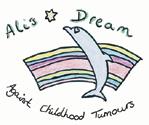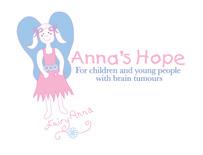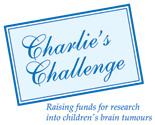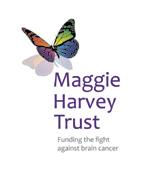












Embracing growth and focused on the future, our Chief Executive
Wear A Hat Day 2017 –
Latest news from our fantastic Fundraising Groups
Host a super Summer get-together
The Nicki Waterman Kerala going the distance for On Yer Bike 2017!
Unique success stories from our wonderful fundraisers
Meet your Community and find out how they can help you in your area!

20 The story so far we reflect on Brain Tumour Research’s progress with some of our longest-standing supporters
22 Research Updates
Crossing the blood-brain barrier: an interview with Dr Zaynah Maherally
Paving the way for personalised treatments at Queen Mary University of London
Collaboration between Plymouth University and Imperial College leads to new clinical trial
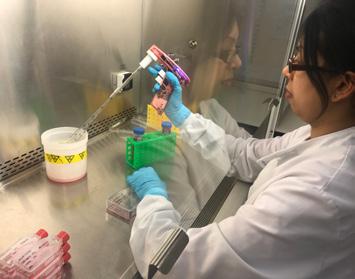
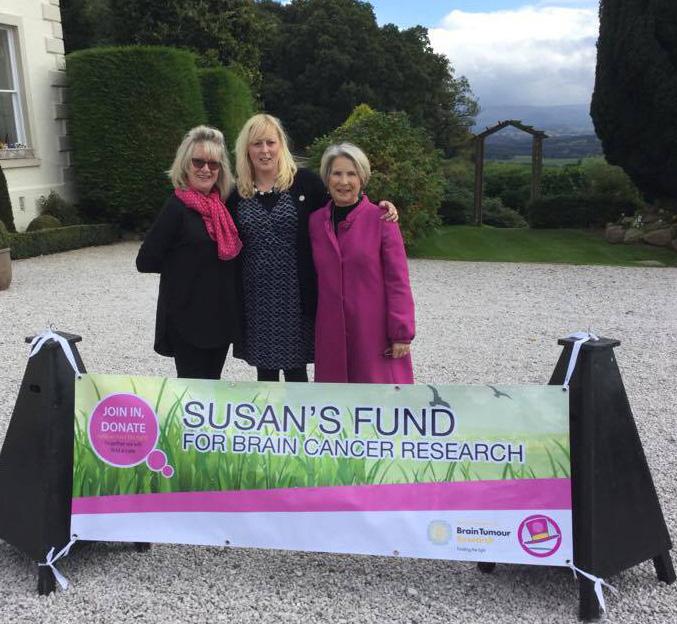
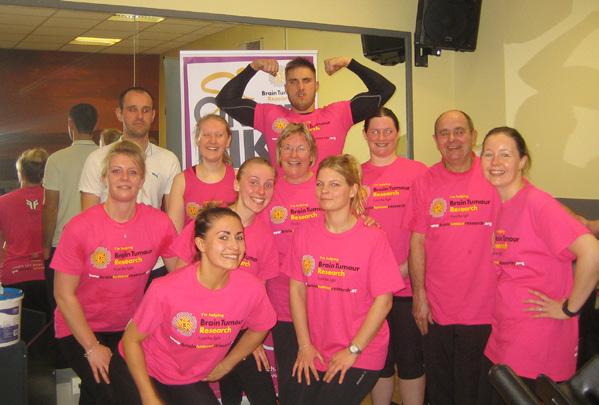
26 Meet our Trustees
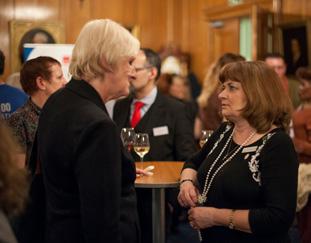
28 Speaker’s House Reception raising awareness at Westminster during Brain Tumour Awareness Month
30 Task and Finish working group holding the Government to account
32 Member Charity Updates
34 Set up an online Tribute Fund celebrate the life of someone special
35 Forever In Our Hearts
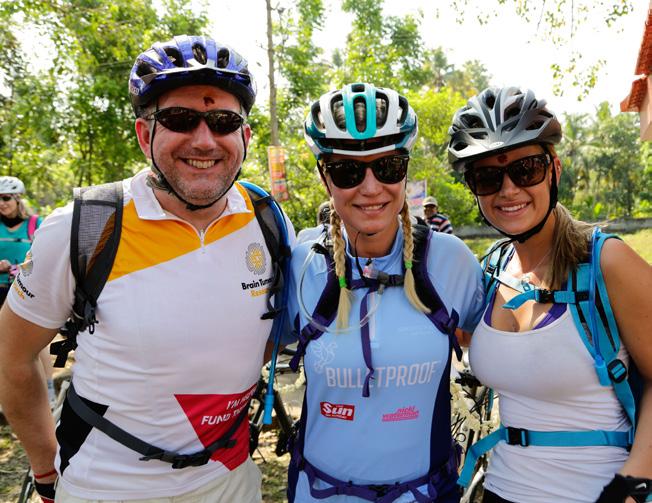
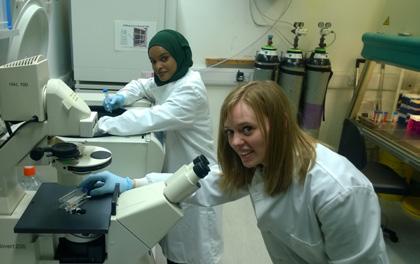

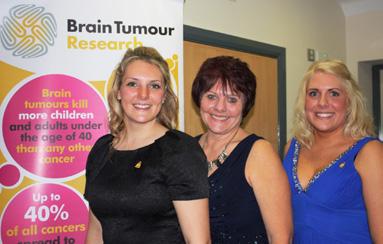

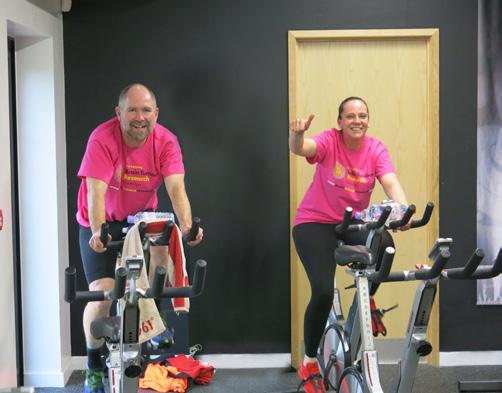
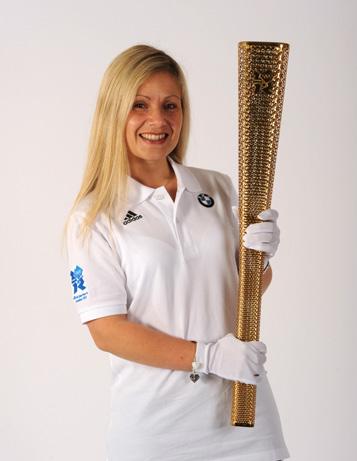
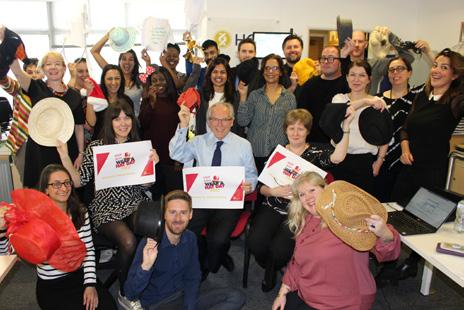

Since we launched in 2009, we have played a leading role in raising awareness, developing the market for brain tumour fundraising and delivering the resulting increase in brain tumour research funding in the UK. We continue to work well with brain tumour charities and fundraisers across the UK, empowering them and campaigning together to increase the national spend on brain tumour research. The whole is greater than the sum of the parts and it is only by working together that we will achieve our vision of finding a cure.

Our Chief Executive reflects on progress
The launch of our newest member charity, ‘In Sue’s Name’, earlier in the year made me realise how far we have come. It was inspiring to see a family and a community come together as a force for good having experienced tragedy and devastation. Their mission to raise £1 million over the next 10 years to support brain tumour research at our Centre of Excellence at Queen Mary University of London is to be admired.
In 2009, there were 40 UK brain tumour charities raising £4 million between them. By 2016 the number of charities had risen to 81, raising £19 million to fund both research and support. Whilst for breast cancer over 100 charities raised £50 million and for leukaemia some 120 charities raised over £100 million. Momentum is gathering for the brain tumour sector. Over the last eight years we have seen a developing and emerging
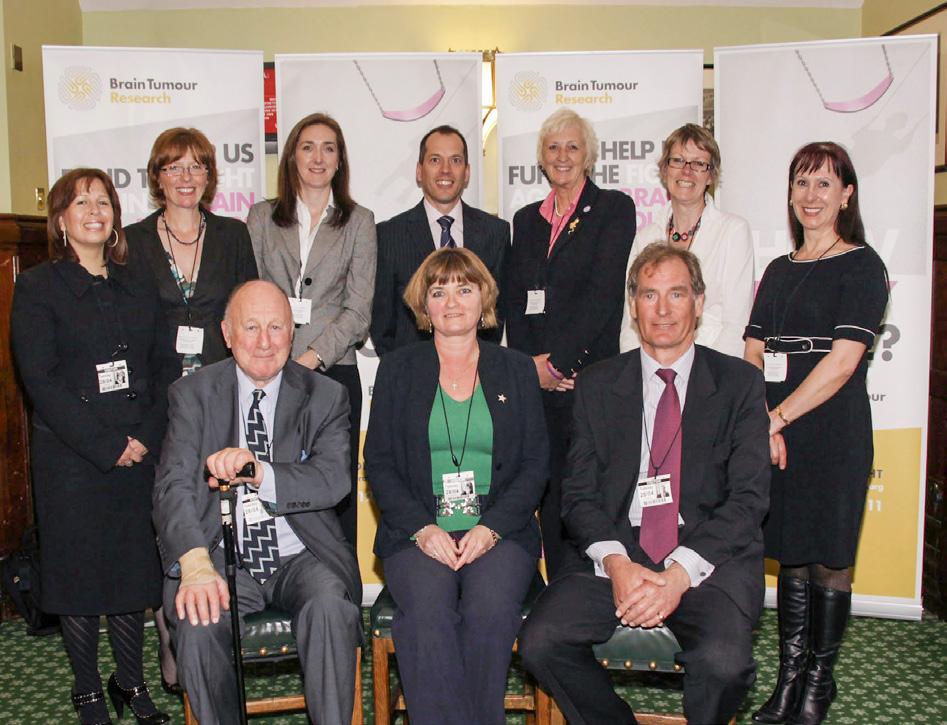
market with a community that is united in seeking to improve outcomes for those with brain tumours. We are proud to work with many organisations that feel comfortable to campaign together with one voice and who, together, are significantly moving forward the cause and
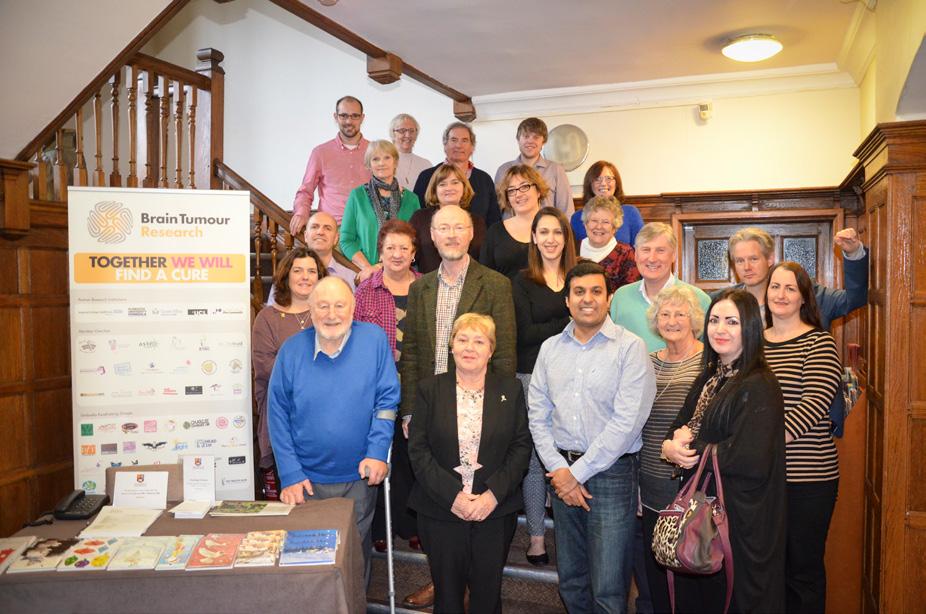
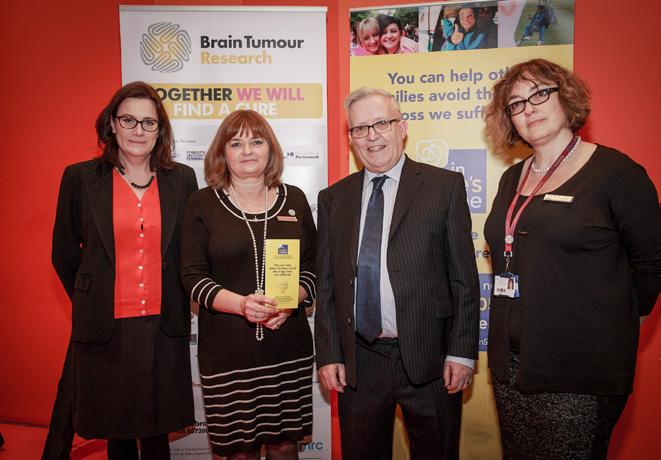
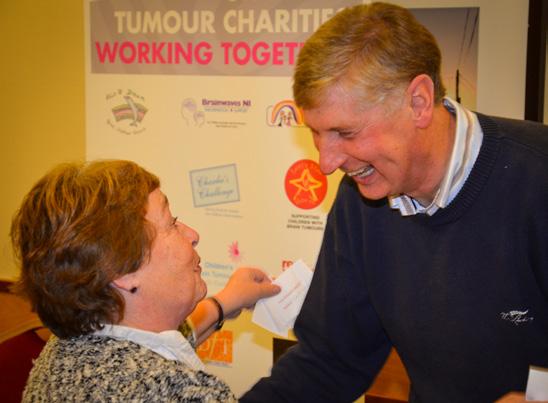

We admire the energy and passion that so many volunteer charities across the UK are investing in our cause in the name of their loved one and we recognise their contributions. As a charity, BrainTumourResearchis proud of our supporters and Member Charities and all that we have achieved. We are met with respect across the community and are delighted that our unique strategy and culture is highly valued and supported by parliamentarians, researchers, patients and their families, who unite with us around our vision of finding a cure for brain tumours. Our philosophy is to encourage smaller charities, many set up in memory of a loved one, to work with each other and collaboratively with us, united with one voice. Members and supporters of BrainTumourResearchshare a common vision, working tirelessly to help find a cure for brain tumours. We welcome
We are the only NATIONAL CHARITY dedicated to funding continuous and sustainable research into brain tumours

new brain tumour charities with open arms recognising that they will continue to emerge in a sector where devastation hits families. These emerging charities want to fill the gaps that the larger players leave untouched and they are contributing in their own way.
Whilst many of our member charities work within their local communities, we are delighted to work closely with those of our member charities who have a national reach, including brainstrust,AstroBrainTumourFundand the BrainandSpineFoundation.
We believe that the existence of more than one national charity is in the best interests of the brain tumour community. The continuing growth in members of our community, collaborators and number of supporters is testament to this.
WE WILL FIND A CURE.
Sue Farrington Smith MBE
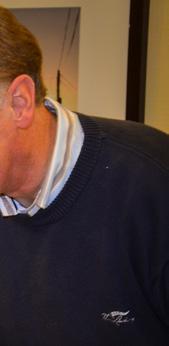



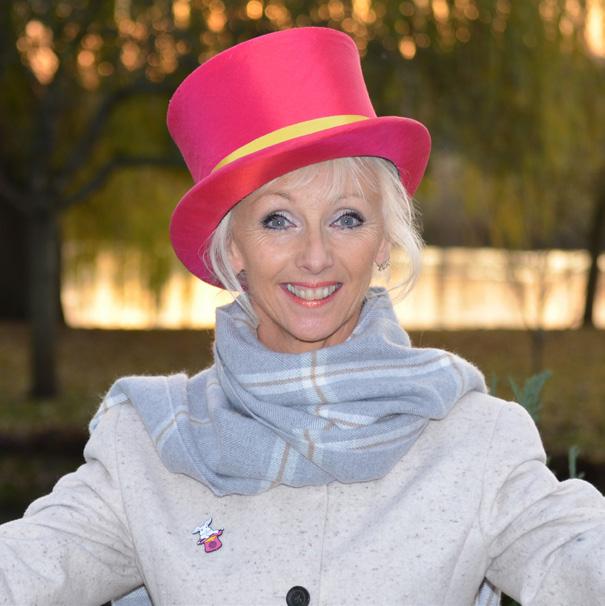



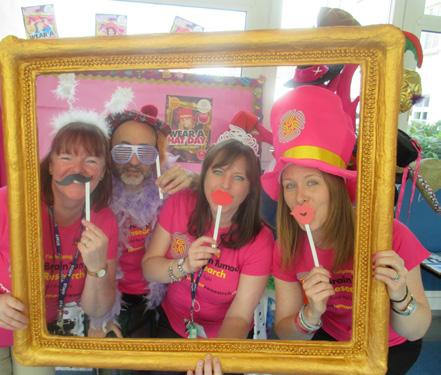

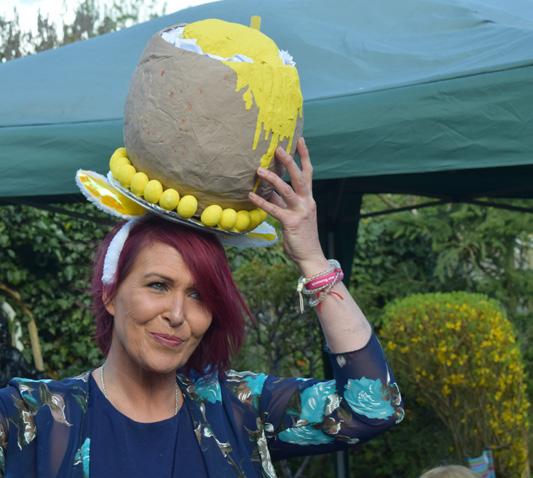
was the HATTIEST yet!



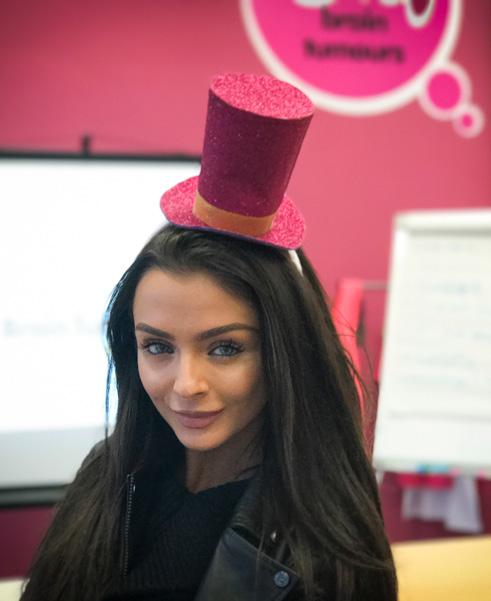
You took part in your thousands; crafting, posing, baking, dancing and quizzing your way through an incredible variety of creative and inspiring events. Your support will help us continue funding our sustainable research into brain tumours.










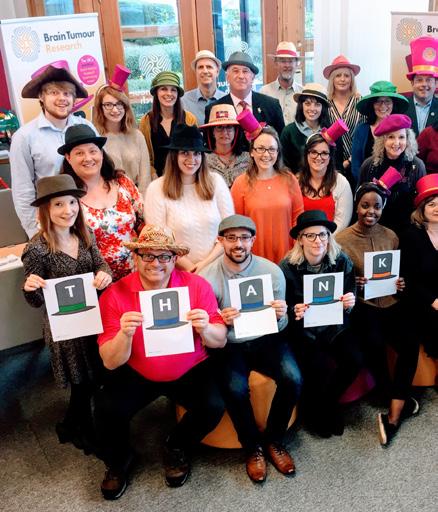











THANK YOU
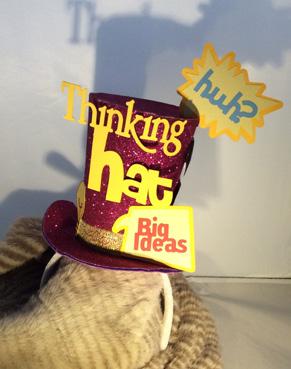


Together we will find a cure.

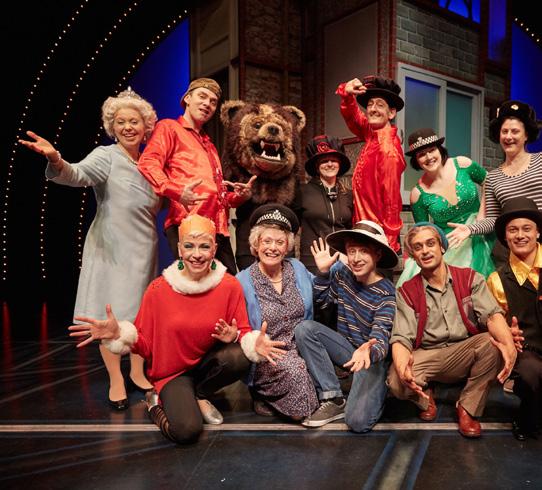



nextSeeyouyearon29Thursday th 2018!March

Thank you to these HATTASTIC organisations who supported




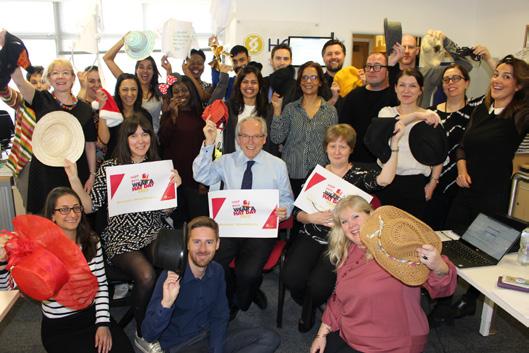






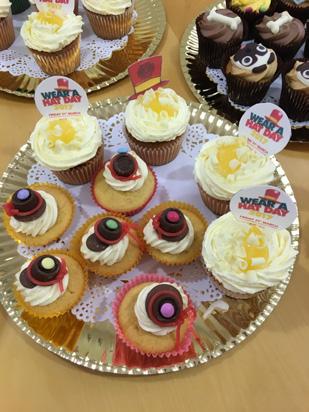


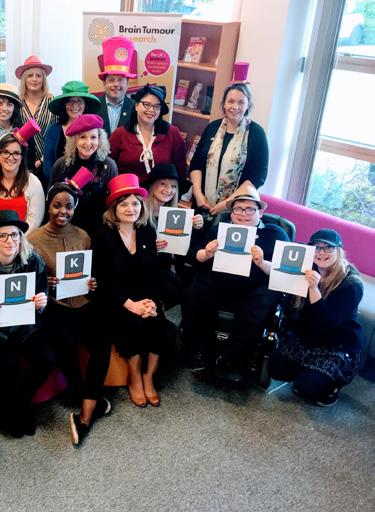
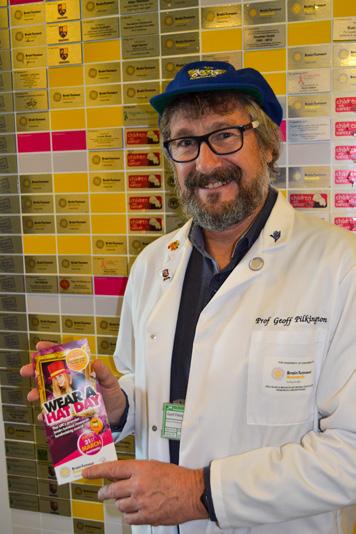


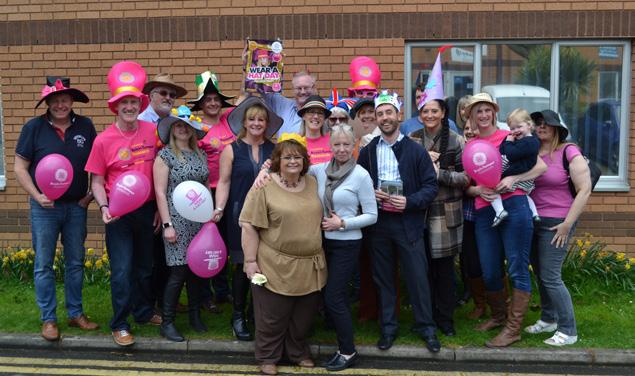
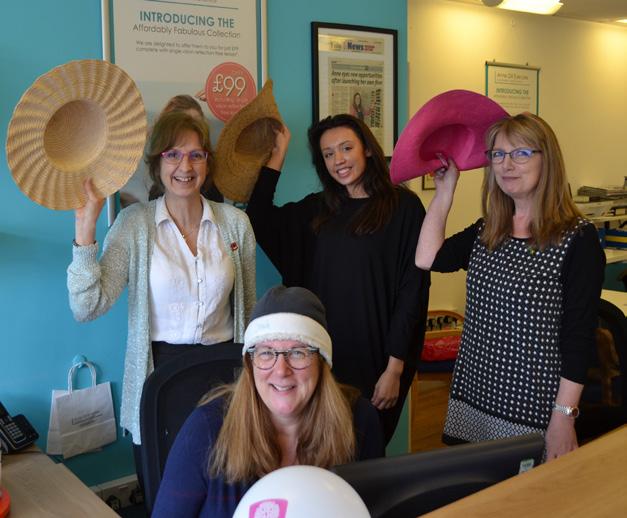


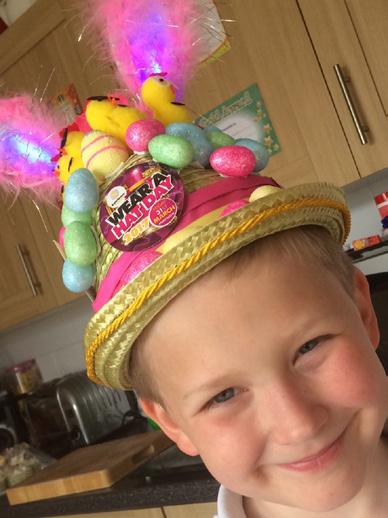

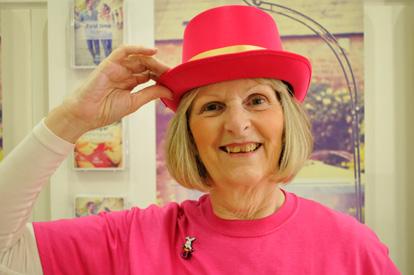
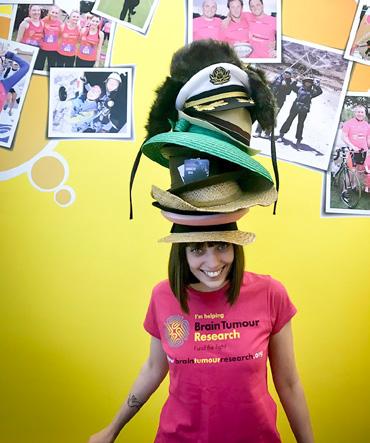
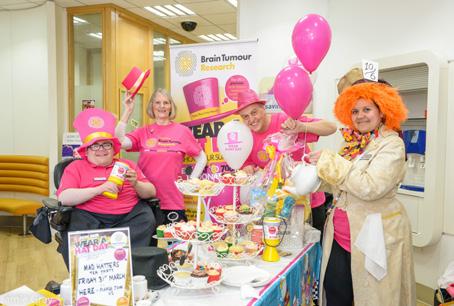

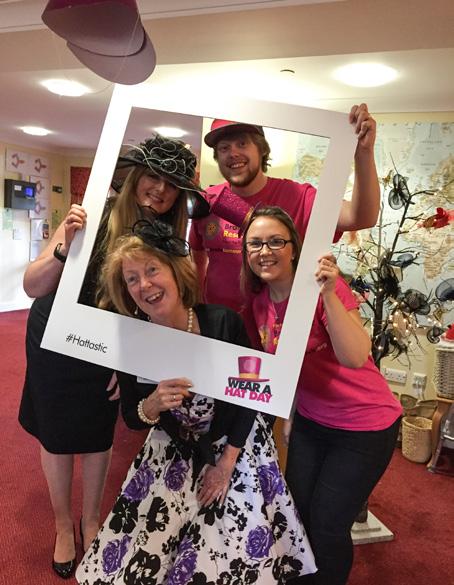
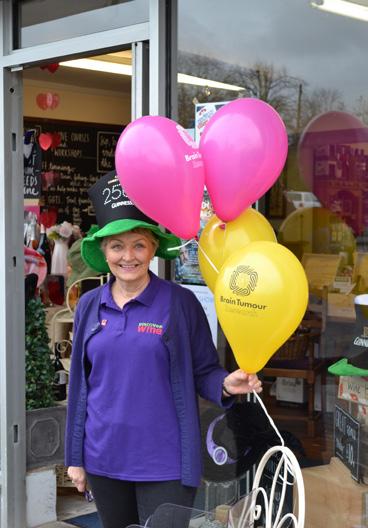
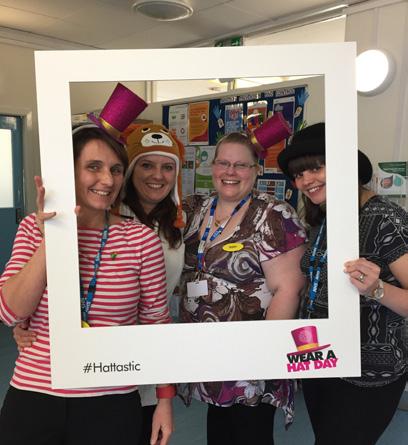



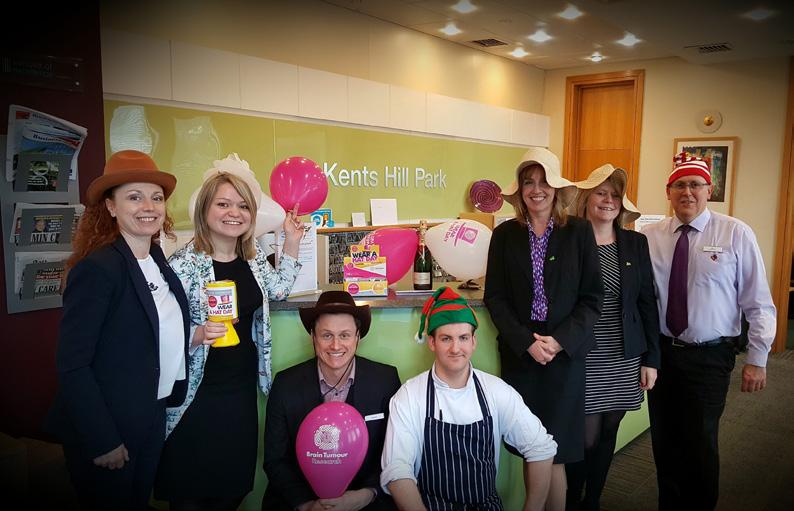


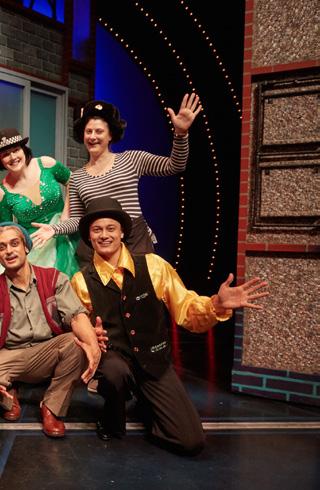


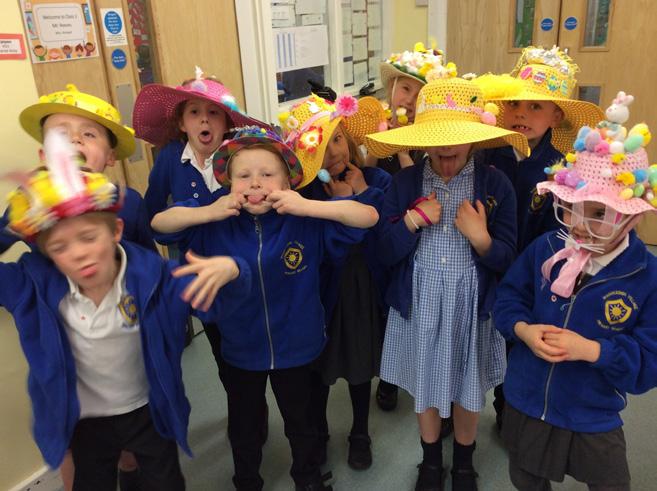
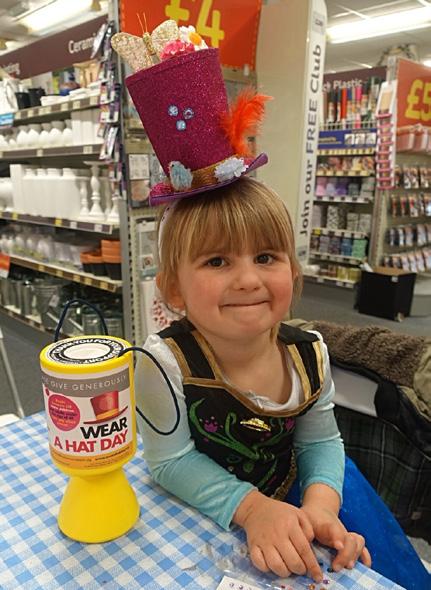




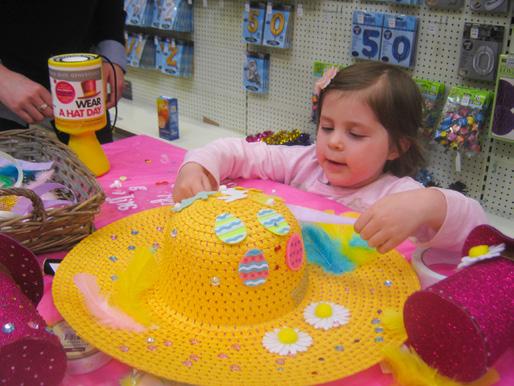








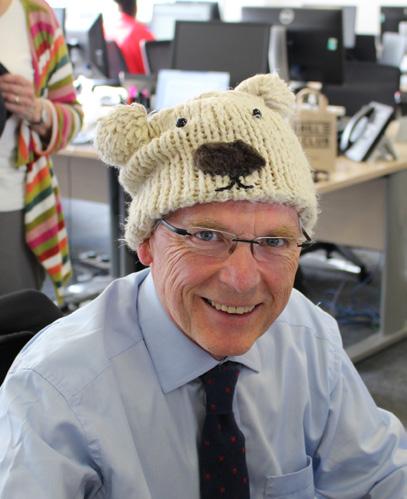





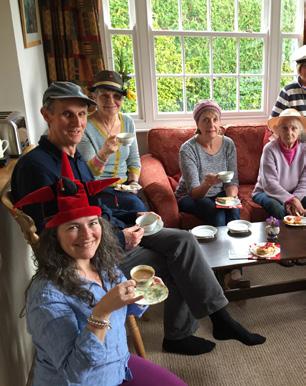
Micky Deans was just 49 years old when he passed away from a glioblastoma multiforme (GBM) in August 2016. Mick left behind his wife Louise and two children, Lily and Harry, who were 18 and 15 respectively when he died.
Mick had a close-knit group of friends, known as The Lads, who all got together aged 14 at Smestow Secondary School, remaining firm
friends right until Mick passed away. Even today, The Lads and their wives and children are a great support to each other and to Louise as they continue to grieve for Mick.
Louise has established TheMickyDeansTrust to raise much-needed funds and awareness for BrainTumourResearchin her husband’s honour. She said: “IwantpeopletoknowwhatMick wentthroughbecausehekeptsomanythings fromeveryone.It’sterriblethatpeoplehaveto
gothroughthetorturehedidandthatthere aren’tmoreeffectivetreatments,letaloneacure. WehavesetuptheMickyDeansTrusttoraise fundsforBrainTumourResearchtobringhopeto familiesinthefuture.”
ReadMickyDeans’fullstory on our website: www.braintumourresearch.org/ in-our-hearts
Last year, Leah’sFairyFundbecame one of our newest Fundraising Groups. Leah Martin was diagnosed with a high-grade medulloblastoma at the age of two. She is now tumour-free, however the extensive treatment she received has left her with long-term side effects which she must overcome daily.
Leah’sFairyFund,established by Leah’s mother Jo, has been set up to raise vital funds and awareness for research into this devastating disease. It’s been a whirlwind first year, with an entire community rallying to support the family in their aims.
The list of events and fundraising activities is varied and extensive and includes:
one head-shave, three haircuts, a team abseil, coffee morning, car boot sale and merchandise sales! The group also received donations from friends in lieu of buying Christmas cards.
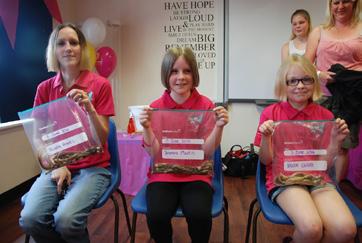
In December 2016, they launched their ‘Penny Challenge’ – encouraging supporters to fill a jar with coins for one year and donating the contents at the end of the year!
This awesome group’s first year total topped a fantastic £5,000 and we can’t wait to see what Jo and the team will do next. Our warmest thanks to Leah’sFairyFundand their loyal and motivated supporters!
FIND OUT MORE: www.fairyfund.org
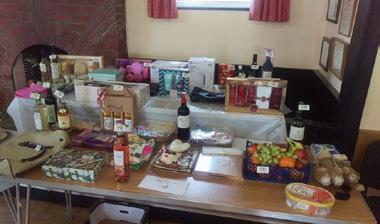
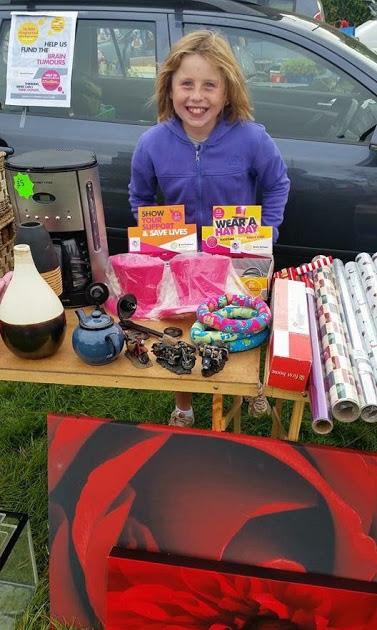


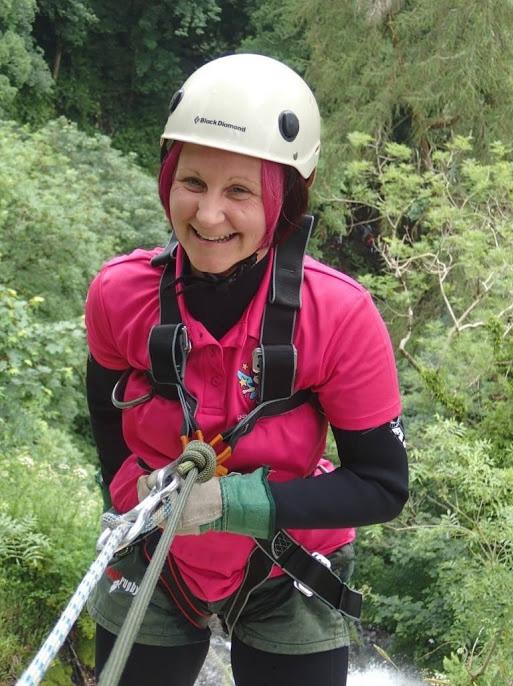

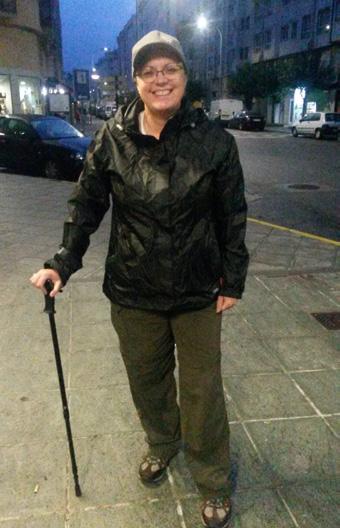
Wendy McMahon established
The Glenn McMahon Foundation in memory of her beloved husband, who passed away in June 2015. TheGlenn McMahonFoundation has already raised thousands for vital research and last year, Wendy took on her latest personal challenge to boost this even further.
FIND OUT MORE:


www.justgiving.com/wendy-mcmahon5
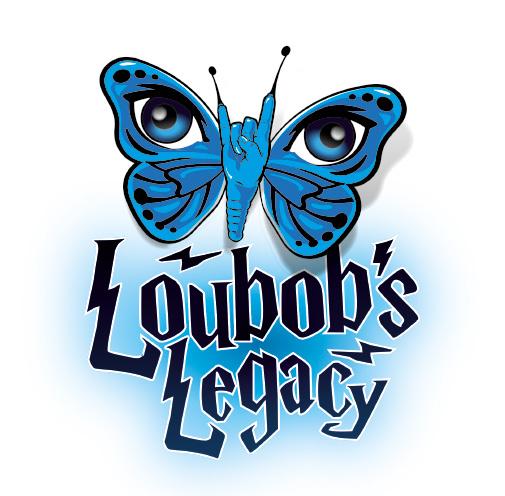
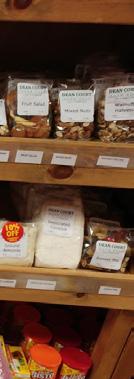
Our incredible Fundraising Group, Loubob’sLegacy, was established in 2014 in loving memory of Louis Kenney, who passed away at the age of 13.
The ‘LouKrew’ has gone from strength-to-strength ever since and has raised tens of thousands for vital research. From epic zip-lines and cycle rides to family fun extravaganzas and Christmas fayres... They smashed their ultimate target for 2016, raising over a phenomenal £50,000!
A highlight of the year for Aylee Penn, Louis’s mother and founder of Loubob’sLegacy the opportunity to meet multi-million selling nu metal band, Korn, at a gig in December. The band was more than happy to wear the group’s wristbands and pose for a photo!
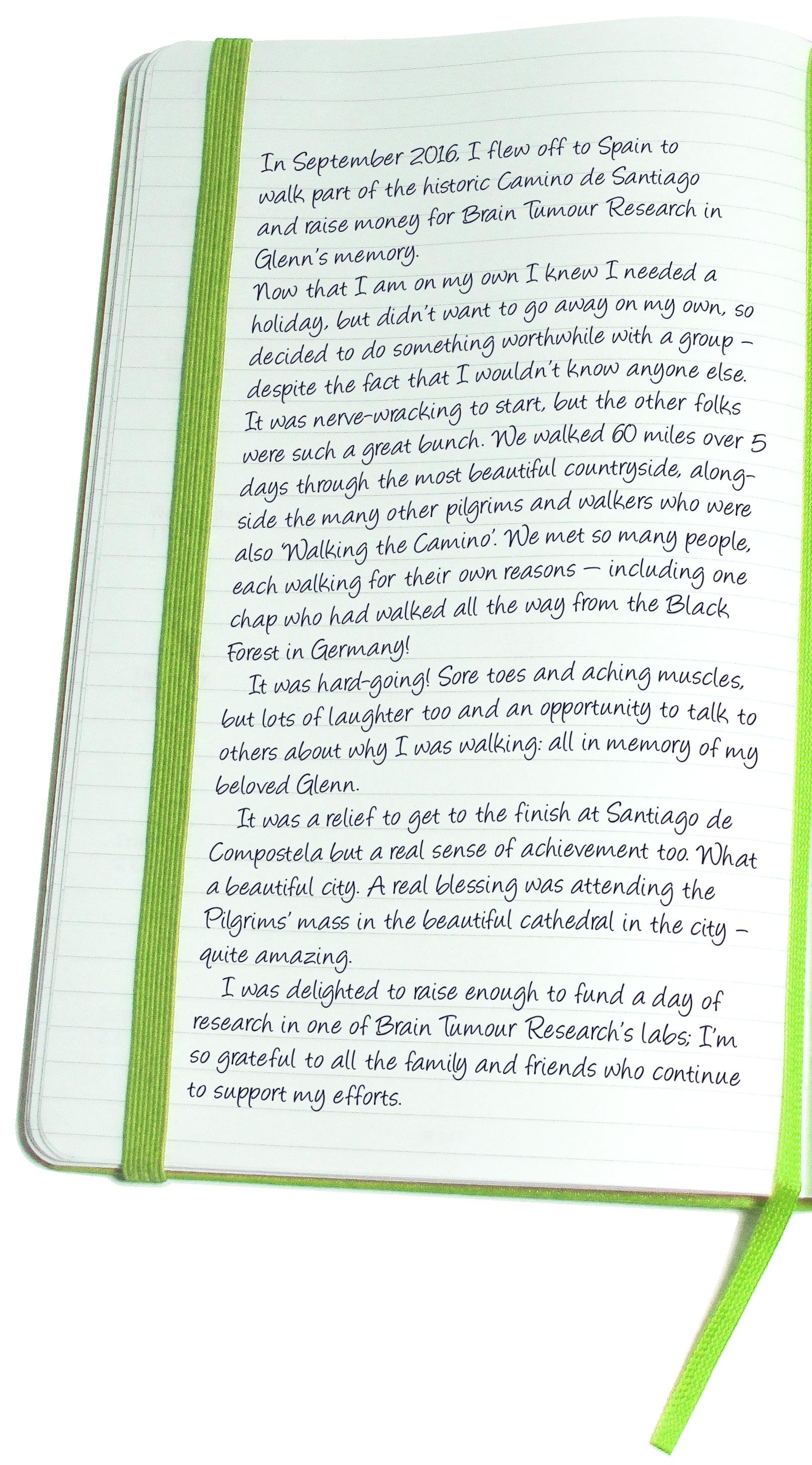
www.facebook.com/
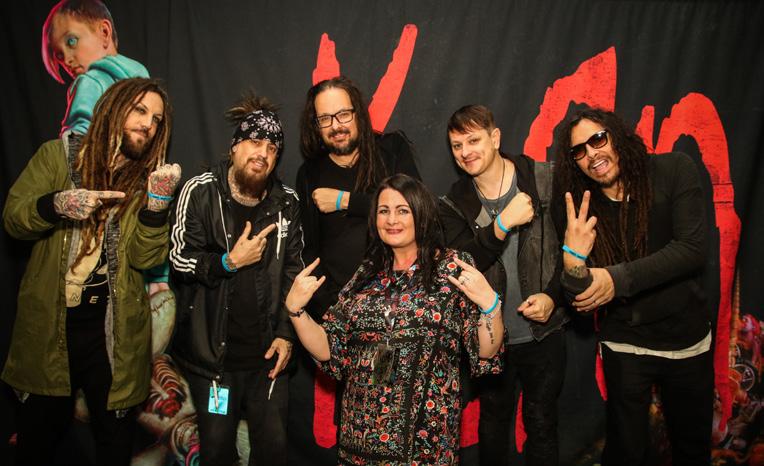
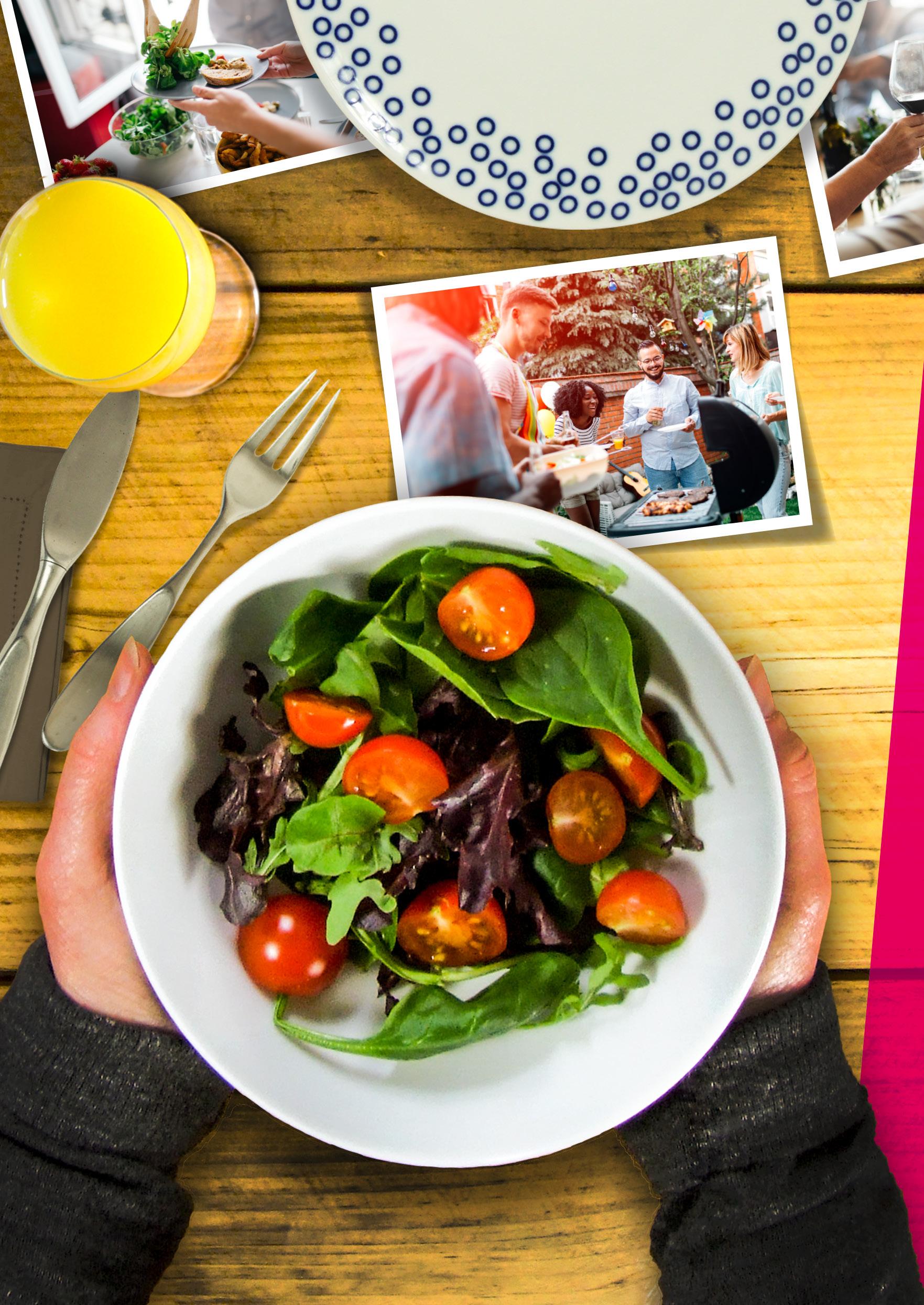
Set a
target and aim to smash it!!
Summer is fast approaching, the days are getting longer and warmer, it must be time to Do Lunch!
We want you to get together with your friends, family and colleagues on Saturday 1st July 2017 and grab some grub for Brain Tumour Research to help feed vital scientific breakthroughs !
Whether it’s a BBQ bonanza, a perfect picnic or a three-course lunch, all funds raised will support long-term, life-saving research at our Centres of Excellence.
5. Outdoor games and raffle tickets

1. Set a fundraising target
Create a JustGiving page and tell the story of why you’re fundraising. Set your target, then aim to beat it!
2. Shout about it!
Use social media to spread the word and generate buzz around your event. Create an event on Facebook. Tweet and also post on Instagram #DoLunch!
Don’t forget to send us your pics -email them to:
dolunch@braintumourresearch.org
3. Text to donate
It’s so simple – just ask everyone you know to text CURE to 70660 to donate £5, it really is that easy!*
4. Charge a fee for your guests
We suggest £5 each for a picnic, £10 each for a BBQ, £30 each for
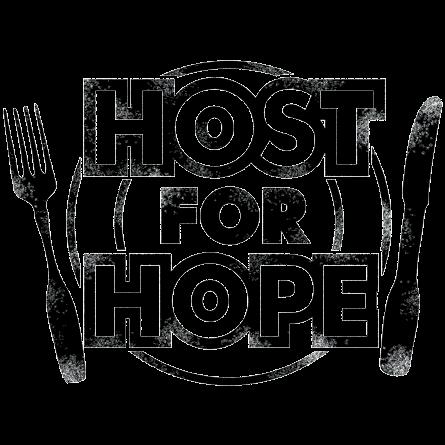
To spice up your picnic or BBQ why not charge a small fee to play some outdoor games and sell raffle tickets?
Find out more:
www.braintumourresearch.org/DoLunch
6. Do Lunch! Merchandise
Browse a range of useful accessories to help you with your event and increase your fundraising at the same time – tea towels, oven gloves, aprons, mugs...Visit our website to see more:
www.braintumourresearch.org/DoLunch
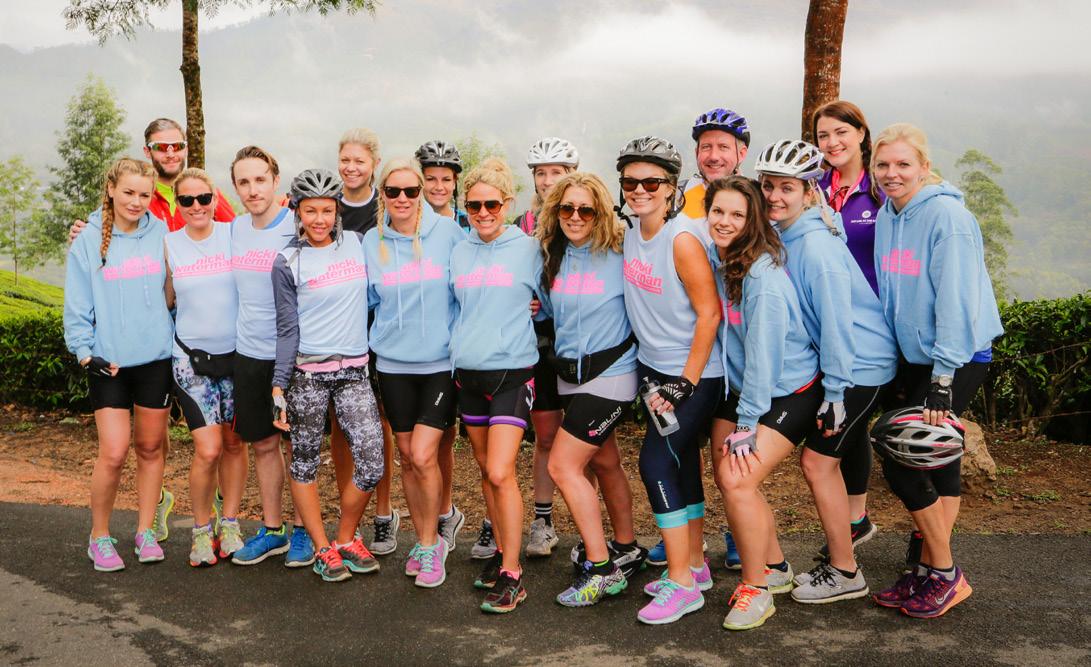
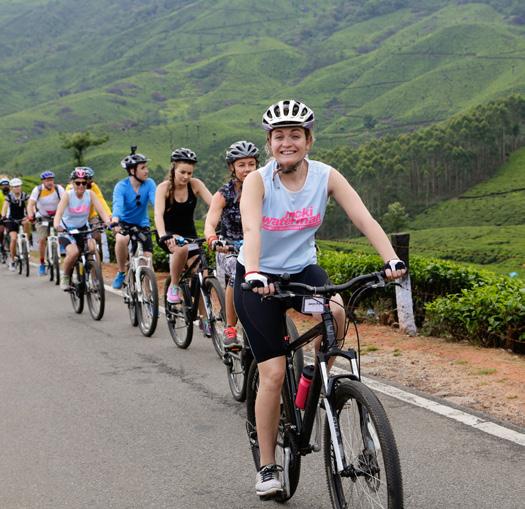
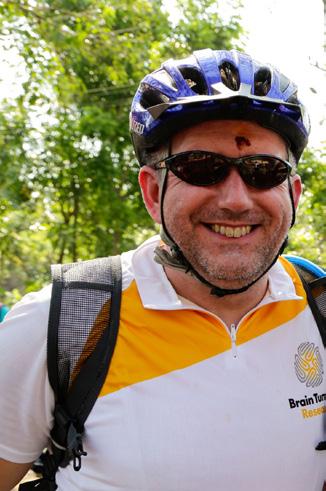
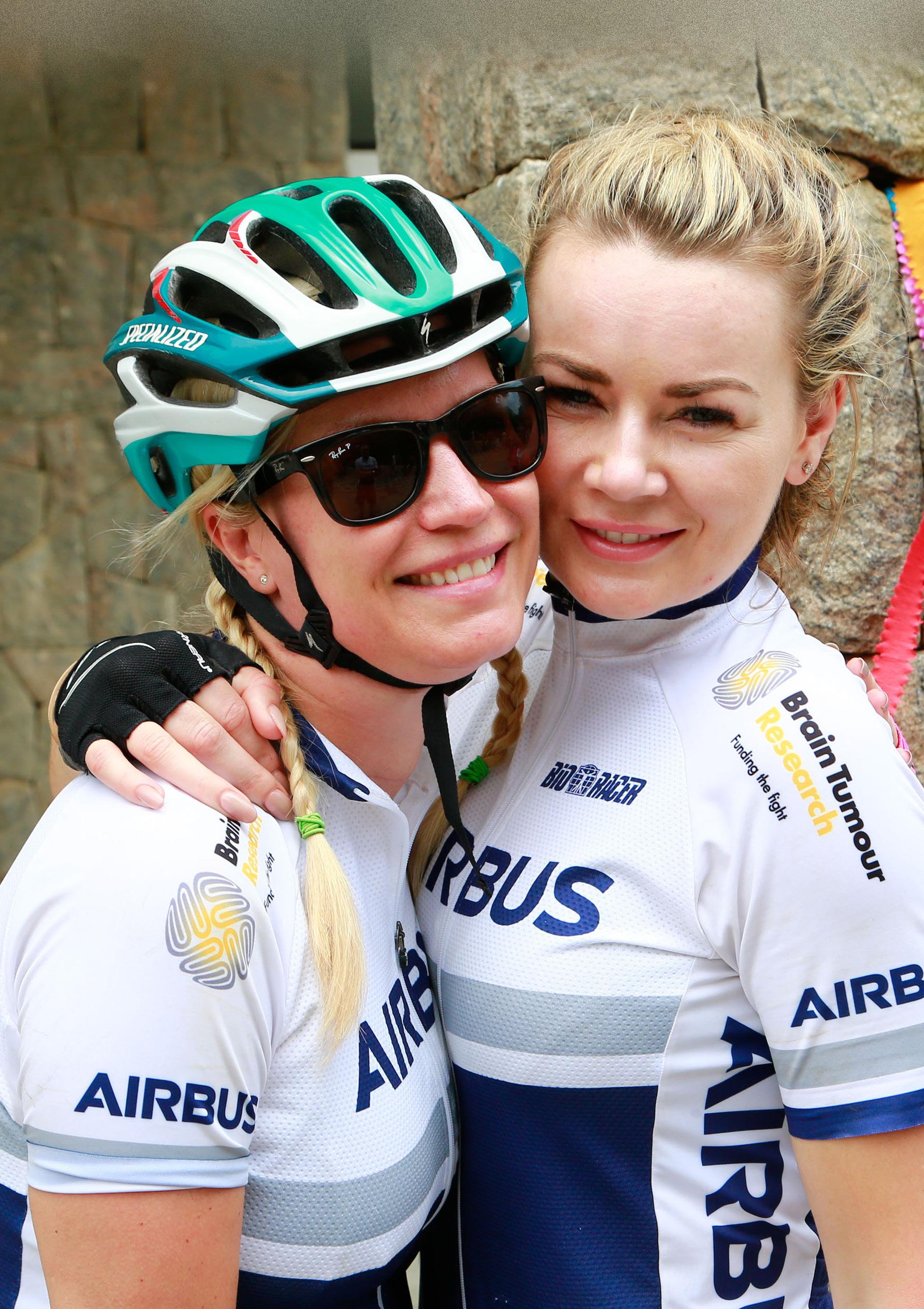
On 11th March 2017, an intrepid team of supporters set off on the cycling challenge of a lifetime. The Nicki Waterman Kerala Challenge — a five-day journey, covering 187 miles across southern India.
Nicki Waterman was TheSunnewspaper’s popular fitness expert and just 53 years old when she passed away from an aggressive brain tumour. Nicki was loved by many and after her death, just 15 months after diagnosis, her daughter Alex Thrussell established TheNickiWaterman Foundation. Soon after, Nicki’s close friend, Denise Van Outen decided to build a team to take part in the KeralaChallenge, fundraising in Nicki’s memory.
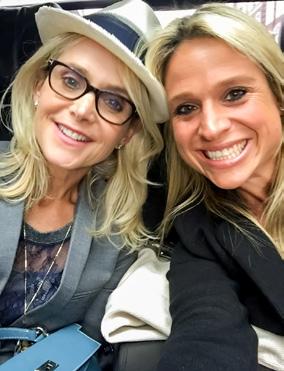
The team was completed by BrainTumour Researchactivists Simon Tier and Emma Barclay — both having experienced the tragedy that a brain tumour diagnosis can bring. Simon has been campaigning and fundraising since 2011, when his best friend Alan Neilson was first diagnosed with a brain tumour. Alan sadly passed away aged 47, in November 2015. Emma Barclay lost her fiancé and father of their two young children, Adam, on New Year’s Day 2016, just weeks before they were due to marry. She is now determined to help BrainTumour Researchfind a cure in Adam’s memory.
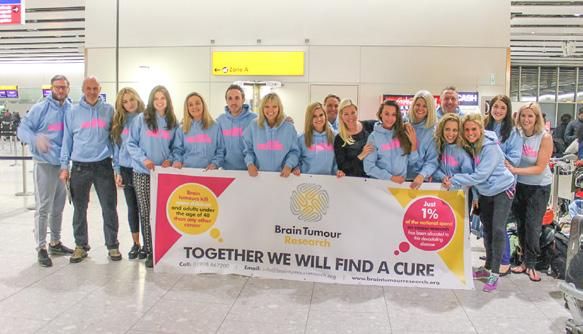
TheNickiWatermanFoundationexclusively supports BrainTumourResearch. Through its mission of raising funds and awareness for brain tumours, it hopes to prevent families in the future facing similar devastation.
The 18-strong team that took part in the Kerala Challenge included famous faces Kate Thornton, Michelle Heaton, TOWIE’s Georgia Bright and X Factor’s Kye Sones. Many knew Nicki personally and wanted to do something significant in her memory and create a lasting legacy in her name. Also on the cycle ride were Good Morning Britain’s Jane Witherspoon who lost her dad last year, along with Hayley Costa who lost her mum, days after giving birth to a grandchild.

Emma and Simon won TheSunonSunday’s reader competition, which offered the chance to join this epic challenge, all expenses paid. The journey was certainly not smooth cycling for the team, who were pushed to their physical and mental limits: bruises and blisters, panic attacks and twisted knees were worsened by the emotional highs and lows endured along the way. Michelle Heaton told her Instagram following: “Ifelloffthe bikeeveryday...Beenbittenbymosquitosso manytimesIlooklikeadot-to-dotpicture... Rippedtheskinoffmyhands,knees,legs, arms.Pulledmyback...Ruinedallmy clothes...Andmissedmyhusbandandkids somuchit’smademebreak!”
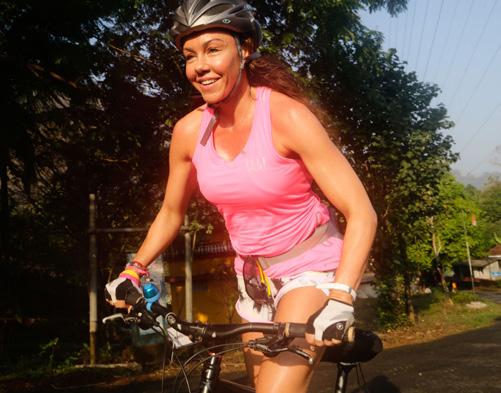
However, all the while they were inspired to continue with thoughts of how the money raised would make a difference to the lives of brain tumour patients. The amazing team completed their challenge on Friday 15th March 2017 with mixed feelings of relief, exhaustion, sadness and pride. TOWIE’s Georgia Bright summarised: “Tearsofpure happiness(Ican’tstopcrying).Ahugesense ofachievementaswecrossedthefinishline. Forthosewehavelostandneverwillforget. Ihavepureadmirationformyteam,each oftheirstorieshavetouchedmeindividually andIloveeachandeveryoneofthem!”
The NickiWatermanFoundationhas raised over £50,000 for BrainTumourResearch. A figure only set to rise as they continue to fundraise in Nicki’s memory. A fitting legacy for an incredible woman.
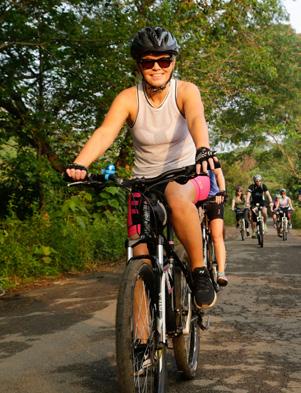

On Saturday 25th February 2017, hundreds of enthusiastic fundraisers got pedalling for our second national On Yer Bike spinathon event. Supporters across the UK came together for this fun and physical challenge; some organising events at their local gyms and community centres and others, in the comfort of their own homes.
Our biggest thanks to each and every one of you who took part this year, you have helped us fund the fight against brain tumours.
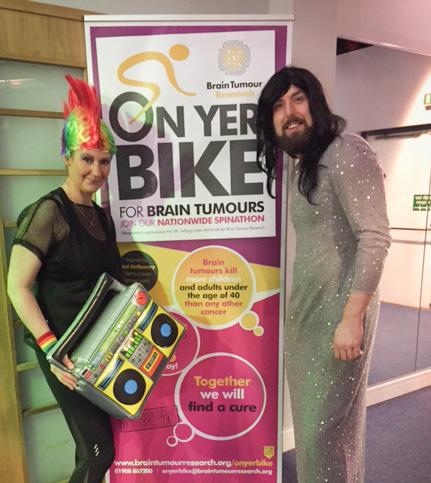

Blackburn:
Karl Eltman sadly lost his Mum, Susan Eltman, to a brain tumour in May. He organised a spinathon with a twist at DW Fitness Audley, in Blackburn, to raise funds in her memory. A fantastic 40
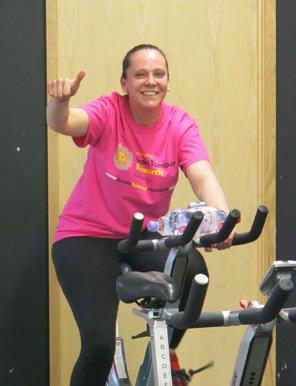
people took part and to spruce things up a little, every hour they had different themed music; from eighties to northern soul and rock classics. The usual shorts and Lycra were even combined with fancy dress –wigs and sweatbands all round! They received donations of over £3,500, smashing their target and raising enough to fund a day of research and place a tile on one of our Walls of Hope.
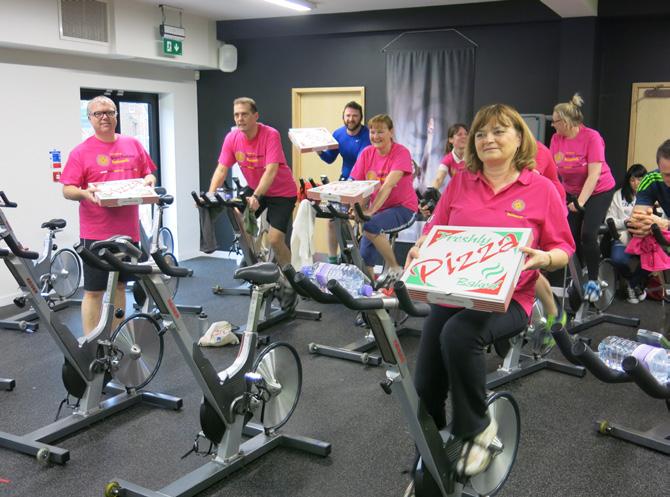
charity supporters at Swan Pool in Buckingham. Local companies generously gave bottles of water and Mars bars to help fuel them through the grueling two-hour pedalling session. There were sore bums all round by the end of the event, but the team were still smiling and raised nearly £2,000, including Gift Aid. The day was finished off nicely by a timely delivery from Direct Pizza, which was very much appreciated!




An awesome team effort.
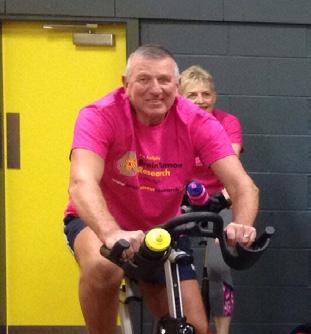
Leeds:

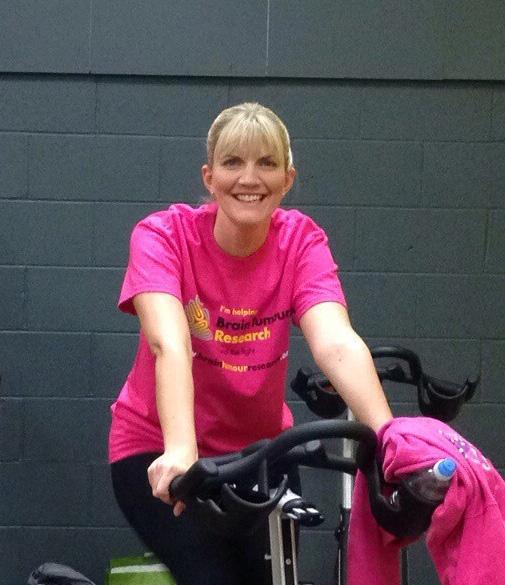
Rory Burke was diagnosed with a brain tumour aged 40 and at the time of his event, was mid-way through chemotherapy and radiotherapy treatment. Despite this, he jumped at the chance to get on his bike for BrainTumourResearch. He raised over £3,500 and completed his challenge at home in Leeds.


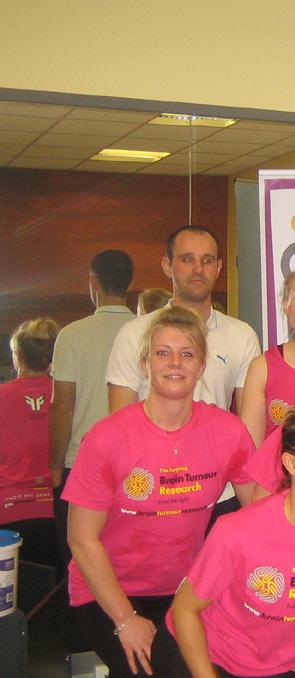


Leeds continued:
Cathy Pratt raised an amazing £1,200 at her second On Yer Bike event. She chose to support Brain TumourResearchas her husband Andrew died 12 years ago from this devastating disease. Event participants included friends Julie Hanlon, Georgina Ross, Marrissa Martyn and Maria Browne, who also lost her husband Michael to a brain tumour.
Cathy said: “Thiswasoursecondyeartaking partandwehadafantasticday;fulloflaughter, enthusiasm,pain,sweatandafewsweets throwninforgoodmeasure.Everyoneisalready wantingtodothenextone!”
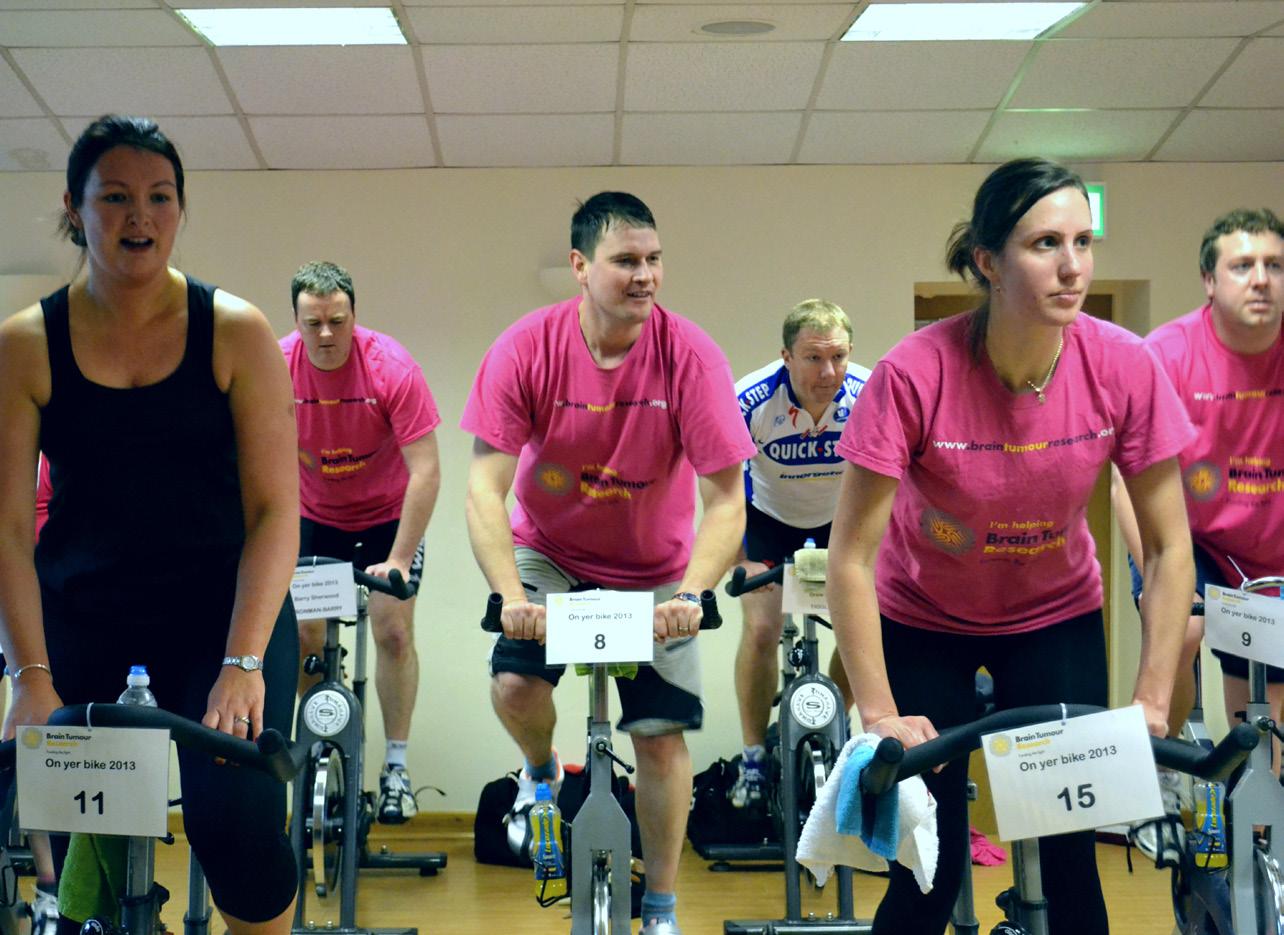

Ruth Owen and her spinastic team including friends Jude Owen and Lucy Wood, raised almost £6,000 at Jubilee Hall gym, London!
Luton:
Dedicated Brain
Together we will find a cure
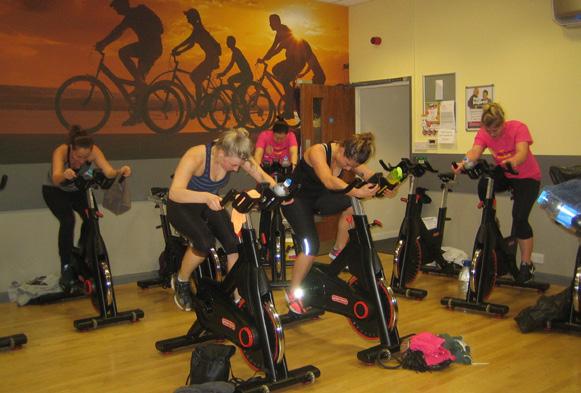
On Yer Bike for Brain Tumours was the brainchild of Paul and Jen Halfpenny from Glossop in Derbyshire. Paul was diagnosed with a brain tumour in 2010 and immediately started chemo and radiotherapy treatment. Although initially successful, in 2013 the chemotherapy regime proved no longer effective and Paul sadly passed away on 20th June 2014. Paul’s wife, Jen, held a special On Yer Bike 2015 in memory of Paul and, combined with the previous two years, raised tens of thousands of pounds to support brain tumour research, helping to improve outcomes for others affected by this devastating disease.
See you next year!
4thSaturdayFebruary 2018
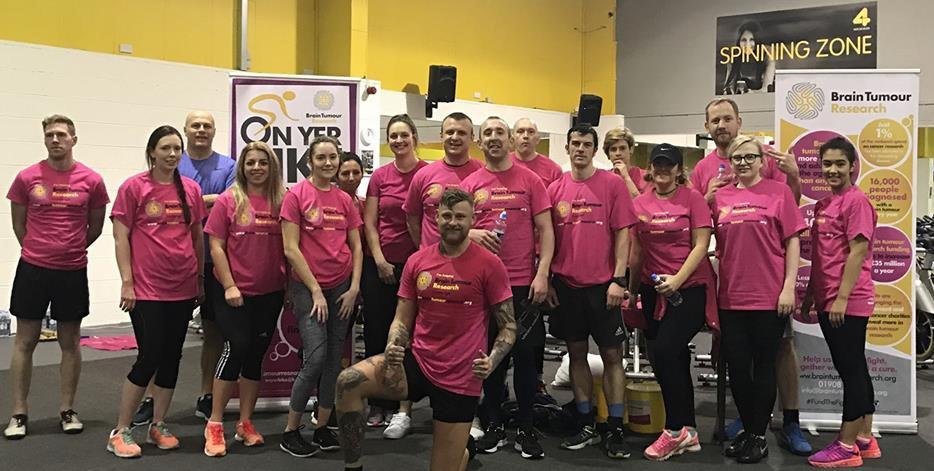
TumourResearchsupporter Jane Barltorp and her daughters Alice and Emma got on their bikes and rode in memory of their beloved husband and dad, Mike Barltorp. Their event took place at Lewsey Sports Park, Luton, with 13-15 people cycling at any one time!
Jane said: “Wekeptourenergylevelsupwith bananas,energybiscuitsandendlessbottlesof waterinbetweensessionsandallagreedithad beengreatfun.Weraisedover£670andare planningthistobeanannualeventinLuton!”

Oxford:
Zoe O’Hanlon, a spin teacher at Body Training Studio, Oxford, wanted to raise money for Brain TumourResearchafter her step-brother died of a brain tumour. The son of one her class members also passed away from the disease, so this was a cause very close to her heart. Zoe was joined by team members Chris Morgan and Kirsty Denham. They raised over £1,400!
Wigan:

James Hinnigan, a brain tumour patient and dedicated supporter of BrainTumour Research, held his second On Yer Bike event at Xercise4Less in Wigan. James was joined by a large team, including old school friends and rugby team mates. This great group collected donations on their JustGiving page and on the day.
The generosity of the local community and match-funding both contributed to a fantastic total of £2,165.
Sammi Wise chose to fundraise for BrainTumour Researchafter her family was affected by a brain tumour diagnosis. Sammi’s close friend Judith Cottam told her about BrainTumourResearchas she had also experienced the devastation of this disease. They are united and determined to do all they can to help find a cure.
Amongst other fundraising activities, Sammi established ‘The Smarties Challenge’ at her workplace: “Ioriginallybought20tubesof Smartiesandputthemoutonthesideofmydesk alongwithapoem,Itoldpeopletotakeafree
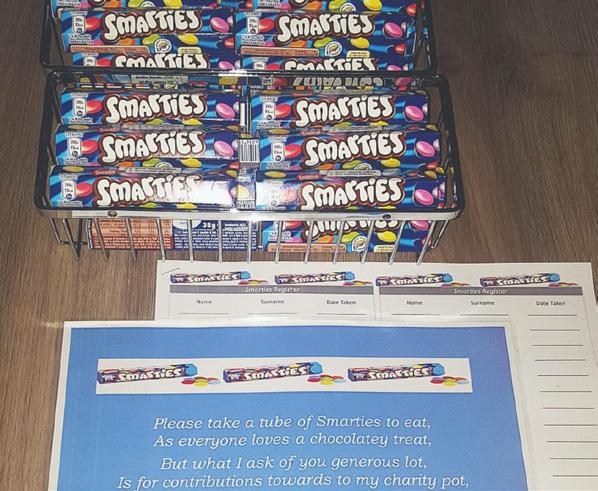
tubeofSmartiesaslongastheydidone thing–fillthetubebackupwith20ppieces!”

The Smartie Challenge proved extremely popular and Sammi had to buy 160 tubes in total; her partner Calvin also took some to his colleagues in the Cumbria police force. Sammi’s father Martin also provided a vital service in the transportation of the heavy bags of coins! Following their overwhelming success, Sammi and Calvin spent long nights counting money and were amazed to raise over £2,000. An awesome team effort.

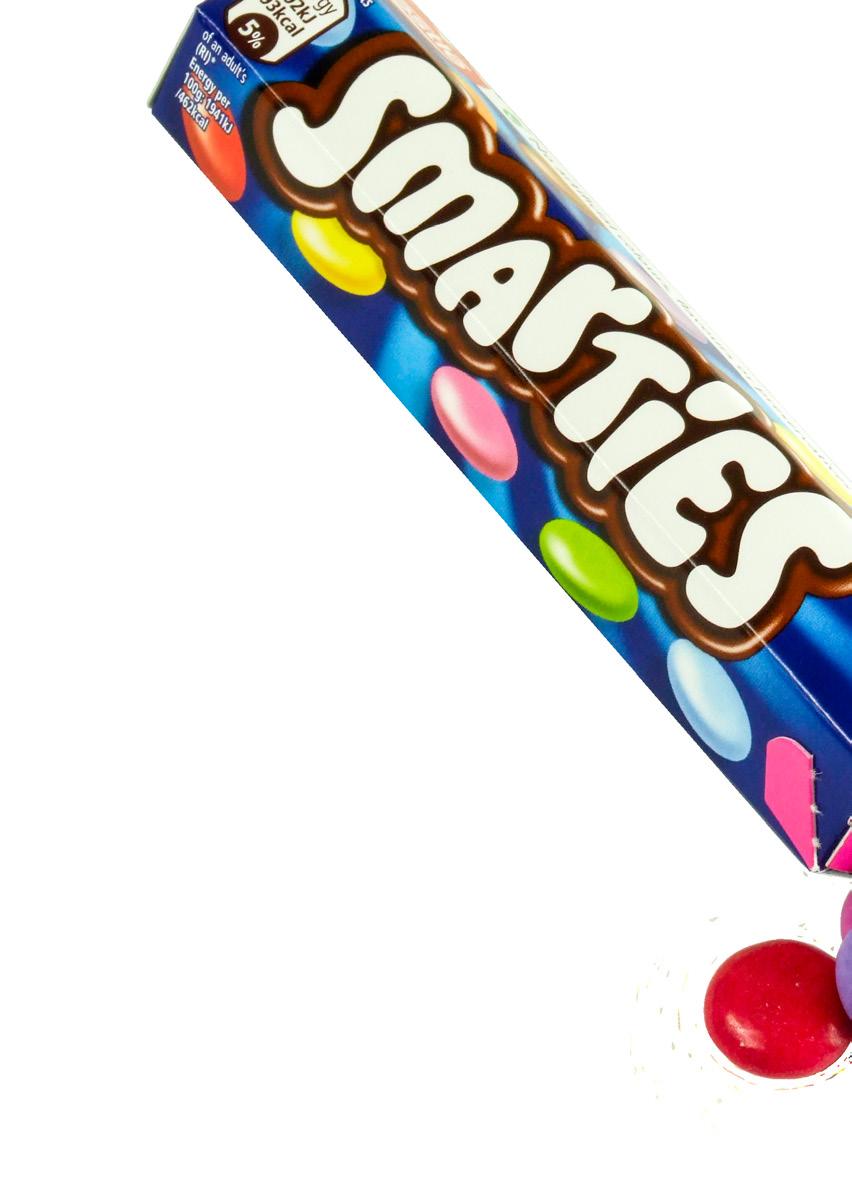
Please take a tube of Smarties to eat, As everyone loves a chocolatey treat, But what I ask of you generous lot, Is for contributions towards my charity pot, Please write your name on the kind person list, So I can make sure that your help won’t be missed, Twenty pence coins are the ones that I seek, The challenge is to fill it up in 4 weeks
Lester Corkett was already planning his 65th birthday celebration, when in early April 2015 he was diagnosed with a glioblastoma multiforme (GBM). He was given just 2-3 weeks to live and died on 15th May 2015, aged 63.
where Julia grew up and the family had lived for 24 years. There was a three-course meal, dancing to a local band, an auction of 11 lots and a large raffle; the bar also donated all the profits from the evening.

To mark the occasion of his 65th birthday his widow Julia, daughters Eleanor and Jess, along with a group of friends, decided to hold a charity ball to raise funds and awareness of this devastating disease. On Saturday 4th February 2017, 140 guests attended the event at Stewkley Village Hall, in Buckinghamshire. The village
Tickets sold out within 48 hours of being released and the family are grateful to so many friends, acquaintances and local businesses for their generosity and support. An incredible total of £5,700 was raised at the event. A wonderfulgift to BrainTumourResearch in memory of Lester’s 65th birthday.




SHARE YOUR FUN-draising successes and photos with us!
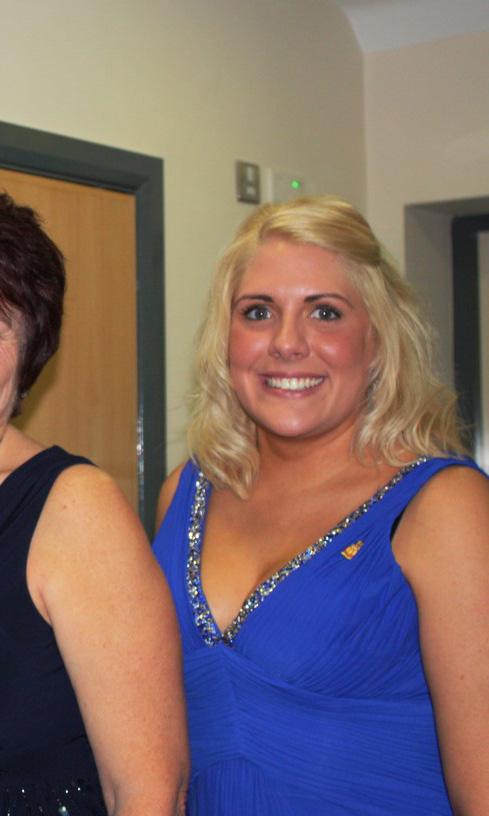
Susan Hebson was just 58 when she passed away from a glioblastoma multiforme (GBM) in November 2015, five months after diagnosis. A much-loved member of her local community in Penrith, Susan’s family and friends have been determined to help BrainTumourResearchfind a cure for the disease that took her so prematurely.
Susan’s 22-year-old daughter Jodi, together with family and close friends joined forces to raise money in her memory and fight for much better research and awareness through Susan’sFund.
In the last 12 months, supporters have undertaken a wide and exciting variety of fundraising activities including a Band Bash, Rock the House choir event, beauty sessions, a charity auction, fashion show, coast-to-coast cycle ride, 24-hour football match and a special ‘Swim for Sue’ swimathon.
The total raised in this period tops an awesome £32,000!
Our warmest thanks to Susan’sFundand all who support them in their incredible efforts to ensure that families in the future won’t have to face the same devastation that they have.
Find out more: facebook.com/susansfund66
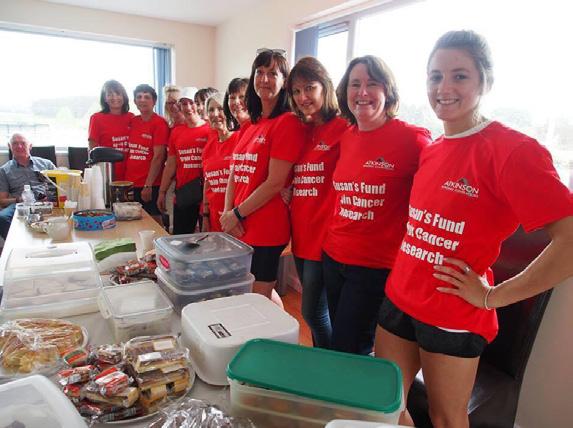
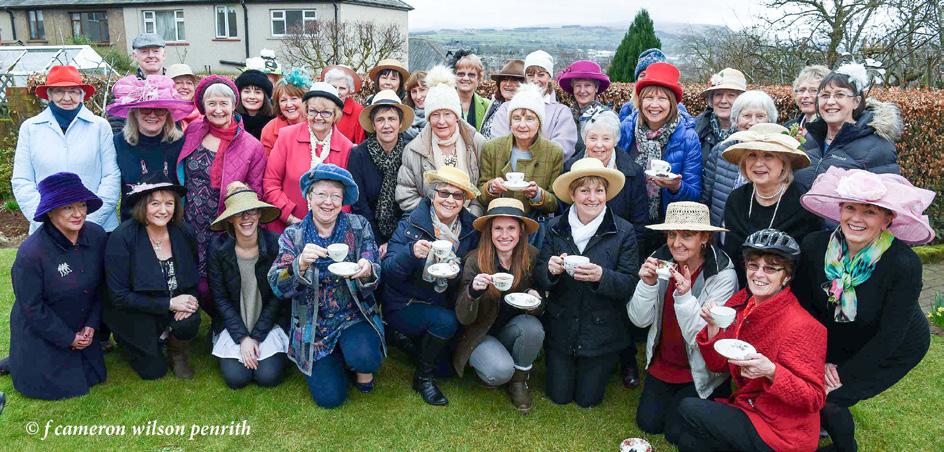
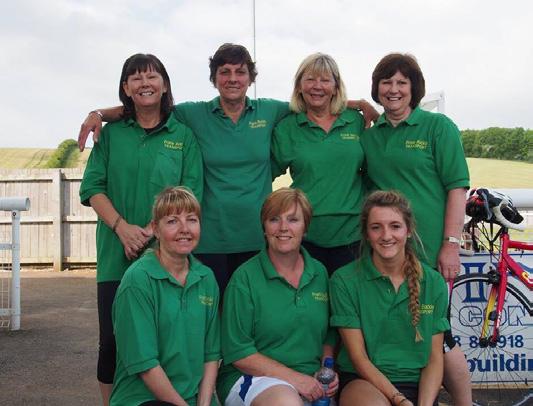

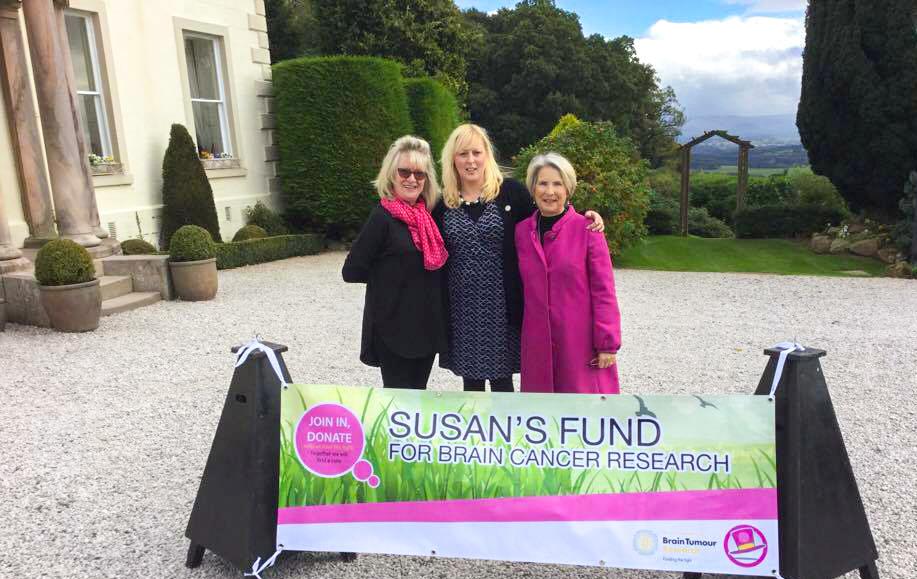
Brain Tumour Research is proud to have a dedicated and motivated team of community fundraising managers across the UK. Their job is to help make your fundraising a success. Whether that’s by giving you some inspiring ideas, helping you to set up a JustGiving page or passing on tried and tested fundraising tips; they are here for you! Please get in touch with the community fundraising manager nearest to you if you’d like assistance, advice or simply a friendly chat – they can’t wait to hear from you.

Carol Robertson
How did you become a fundraiser?
“Backin2000,mygoodfriendAndrea Keywasdiagnosedwithanaggressive braintumour.Iwasappalledbythelack offundingandresearchintothediseaseso startedthatverydayraisingfundsforthis cause.ThatsameyearImetBrainTumour ResearchCESueFarringtonSmith,shortly afterhernieceAlihaddiedfromabrain tumour–therestishistory!”
What motivates you? “Theamazing peopleImeetwhoareaffectedbybrain tumours.IanMeekwasonesuchpatient; Ibecamereallyclosetohimandhisfamily andwhenhediedin2012,mymotivation becametoraisemorefundssothatothers don’tsufferinthesamewayandcansurvive withagoodqualityoflife.”
Carol’s top fundraising tip “Dowhateveryoudowithpassionand havefundoingit!”
CHOICE EVENT
Yorkshire Marathon
Sunday 8th October 2017
carol@braintumourresearch.org
07817 878407
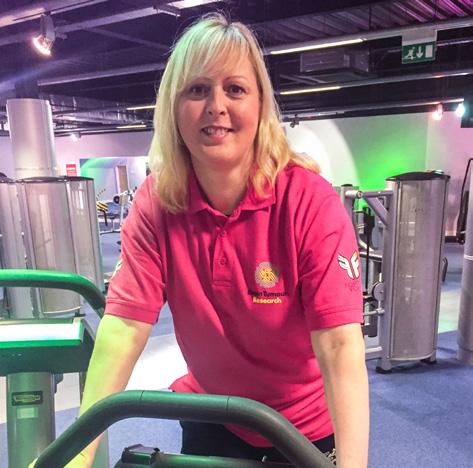
Sara Eltman
Area: North West England & Northern Ireland
How did you become a fundraiser?
“Myfirstroleinfundraisingwasin2005at achildren’shospiceinLancashire.Having workedinthepublicsectorasapoliceofficer andinvariouscustomerserviceandsalesroles Ienjoyedachallengeandworkingwitha widerangeofpeoplesothisseemedagood fit.Ifoundthatworkingwithinthecharity sectorwasreallyrewardingasyouareableto seethepeopleyouaresupportingeachday.”
Do you have a personal connection to the cause? “Iverysadlylostmy mother-in-law,SusanEltmaninMay2016 followingabravebattlewithabraintumour. SeeingtheeffectsthisdiseasehadonSusan, myhusbandandtherestofthefamilyhas givenmesomeunderstandingwhentalkingto othersinasimilarsituationandhelpingthem withtheirfundraisingactivitiesinmemory oflovedones.”
Sara’s top fundraising tip “Iwould saythatfundraisingisgreatwhenitisfun andengagingforthepeopletakingpart! Iftheactivityisenjoyableandmemorable thenthisalwaysseemstobesuccessful.Also, findingwaystoraiseawarenessofthecharity
ateventsencouragesotherstounderstand theneedforfundingsothattheywantto becomeinvolvedwithotherfundraising activitiestoo.”
CHOICE EVENT
Great North Swim
Saturday 10th June 2017
sara.eltman@braintumourresearch.org 07590 847355
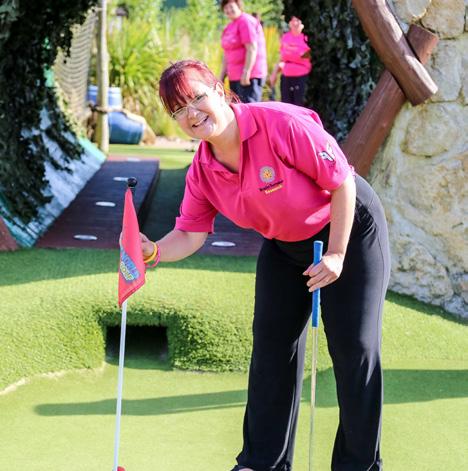
Paula Rastrick
Area: Central England
How did you become a fundraiser?
“Ihavebeenafundraisersincetheageof eightwhenmyfriendFaygotleukaemia. Ididsomecarolsingingandraised£2.85 forLeukaemiaResearch.Thatwasthestart ofmyloveoffundraising.”
Do you have a personal connection to the cause? “AfewyearsagoIwas workingwithaladywhowasinfullrecovery frombreastcancer.Sheretiredandstarted enjoyingherlife.Iwaspregnantwithmy youngestchildatthetime.Shethengotthe diagnosisofsecondarybraintumours.Iwas giventhedevastatingnewsthatshe
had10weekslefttolive;Ialsohad 10weeksleftofmypregnancy.Ifound myselfexcitedaboutseeingmychildbut notwantingthattimetopass.On22nd December2006,wewerebothinthe samehospital.Iwastoldlatershehaddied justasIstartedinlabour.Mysonwas bornintheearlyhoursofthe23rd December. Shebroughtalittleangelforme.”
Paula’s top fundraising tip “Ifyoudon’task,youdon’tget, bealittlebitcheeky!”
CHOICE EVENT
Grand Union Canal Walk
Saturday 30th September 2017
paula@braintumourresearch.org
07710 390796
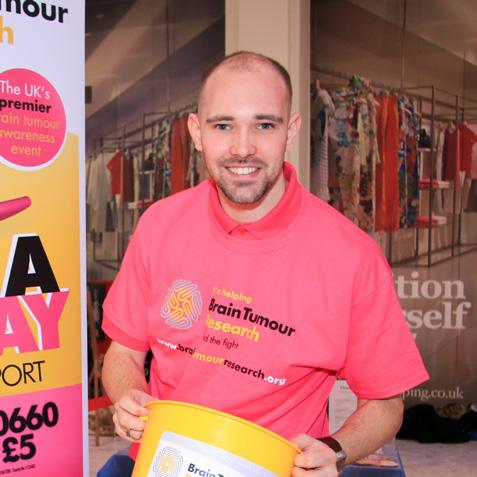
Tim Green
Area: South East England
How did you become a fundraiser?
“Ibeganfundraisingbychance,backin2002 whenIwasatschoolbutwantedtogiveback tothePortsmouthMSRehabilitationCentrethat washelpingmyfatherwithweeklytreatment. Itwasimportantformetobeabletofundtwo piecesofparticularequipment.Igotthetaste forfundraisingandithasstuckwithmeever since–Iwouldn’tchangeitfortheworld!”
Do you have a personal connection to the cause? “Myfundraisingreally kick-startedinJanuary2005followingthe deathofmybestfriend,Tom,fromsecondary braintumours.Withintwoyears,thecharity setupinhisnamehadraised£250,000 andIknewIwantedtodothisfulltime.”
What motivates you?
“Wakingupeverymorningknowingthat Icanmakeadifferencetobraintumour patientsandtheirfamilies.Itdoesn’tmatter whetherIamworkingwithafundraiserwith atargetof£25or£25,000;Iwillensure theyhaveallthetoolsandguidance theyneedtomaketheirjourneywith BrainTumourResearcheasy,enjoyable andworthwhile.”
Tim’s top fundraising tip “Alwaysaskforhelpandneverthinkthat yoursisasillyquestion.Iamaphonecall oremailawaywithyouranswerandifI don’tknow,Iwillknowsomeonethatdoes. Alwaysaskandrememberit’sverylikely thatyourquestionhasbeenaskedbefore. Wejustwanttohelp!”
CHOICE EVENT
Spinnaker Tower Abseil
Saturday 9th September 2017
tim@braintumourresearch.org 07802 724310
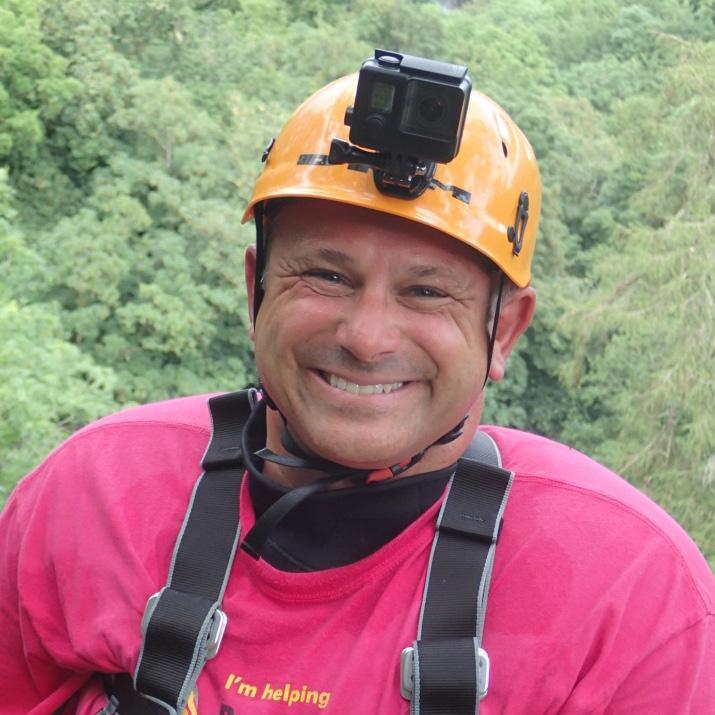
Peter Jordan
Area: South West England
How did you become a fundraiser?
“I’vebeenavolunteerfor35yearsand involvedwithcharityworkforthelast 15throughmyoldjobandpersonal involvement.IwantedtoworkforBrain TumourResearchtohelpfindacurefor theillnessthattookmydadawayfrom me.Hepassedawayfromaglioblastoma multiforme(GBM)inApril2013.”
Peter’s top fundraising tip “Nomatterhowsillytheideaofhowto raisemoney,goforit.Everylittlehelps.”
CHOICE EVENT
Exclusive “ANightattheZoo” event at Dartmoor Zoo
Monday 5th June 2017
peter@braintumourresearch.org
Watch this space for the announcement of our new Head of Community Fundraising for Nothern England and Scotland, and our Community Fundraising Manager for London!

When Chief Executive Sue Farrington Smith established BrainTumourResearch in 2009, with the support of a group of fellow charities and brain tumour activists, they had a huge ambition to raise the profile of and the funds being spent on brain tumour research in the UK. The charity has grown rapidly in the subsequent years, with four out of seven of BrainTumourResearch’s planned Centres of Excellence having already been established. None of this would have been possible without the support of some incredible individuals. Now mid-way through another landmark year for BrainTumourResearch, we spoke to four of the amazing activists who have been on the charity’s journey since it started; we asked how they feel about progress made so far and where they see the future leading.
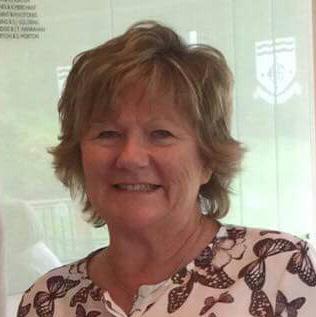
Our daughter Amanda died in November 2010 following the diagnosis of a glioblastoma multiforme (GBM) tumour in the June. Despite the best possible treatment available she could not be saved. She was just 39 and left two young children and her partner.
During her time in hospital I saw a BrainTumour Researchleaflet pinned to a notice board and this was the first time I was aware of the charity. It was after her passing that we became more interested in BrainTumourResearchvia the internet. We were very surprised to learn how little had changed in the treatment of brain tumours over the years and even more alarmed at the number of young people who are affected and who die as a consequence. So as a family, we decided to raise as much money as we could in the hope that the research it would support would mean less people suffer in the future, as we had.
To date, we’ve raised in excess of £18,000 for Brain TumourResearch . This is our proudest achievement

and includes money raised by friends, my husband’s golf club and Amanda’s work colleagues and sisters, Caroline and Lynsey. I was also able to raise significant awareness during my year as lady captain of Boyce Hill Golf Club, where BrainTumour Researchwas my chosen charity.
Through our experiences with BrainTumour Research, we’ve found that talking to others about this devastating disease is helpful. The charity provides a focal point for anyone to express their views and experiences about brain tumours. Brain TumourResearch’s website and social media are great platforms to facilitate this discussion. In turn, these collective voices have enabled Brain TumourResearchto put increased pressure on the authorities to provide more funding into research.
I am amazed at what BrainTumourResearchhas achieved in such a short time. The hope was always that the charity would become as prominent as others for breast cancer and leukaemia. I think that BrainTumourResearchhas successfully highlighted the need for more funding and resources. Prior to this, very little was being done. The main thing now is that brain tumours are headline news and people are listening.
However, while funding progress is being made, we still need to gain a better understanding of brain tumours and improve the treatments that are available. This can only be achieved by attracting bright, young people into brain tumour research. It is so important that such people feel they can have a career future in this field and why proper ongoing, meaningful funding is so essential.
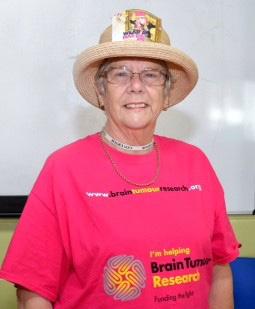
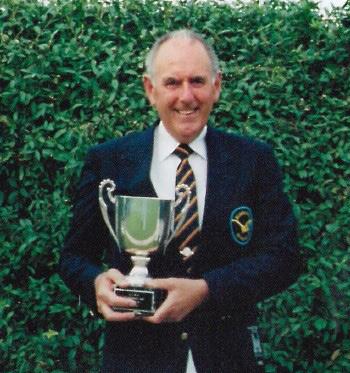
I became interested in raising funds to progress brain tumour research immediately after the death of my beloved husband, Colin. He was diagnosed with an aggressive glioblastoma multiforme (GBM) in January 2009 and died in August 2010. He was just 70 years old. We miss him terribly and I have great sadness that he never had a chance to meet our two grandchildren, born to our youngest daughter, Rebecca.
Driven by our loss, I wanted to help Brain TumourResearchfund their vital research so that eventually, hopefully soon, no-one else will have to go through what Colin did.
I firmly believe that the charity’s success so far is due to the dedication to the cause shown by the BrainTumourResearchteam, which encourages the rest of us to rally round and help ensure that progress continues to be made towards finding a cure.
One of my proudest moments so far has been getting my local MP to take part in Wear A Hat Day at Parliament. Both he and the Deputy Mayor of Lowestoft have attended events I’ve organised and I’m very grateful for their kind support. I was also extremely proud when my local primary school took part in Wear A Hat Day – all 200 of them!
I think that the greatest challenge(s) in the fight to defeat brain tumours is the fact that not many people are aware of how common they are, and of course the pathetic funding brain tumours receive. I hope that Brain TumourResearchwill continue to make great progress into discovering better treatments and also learn more about how to detect brain tumours earlier; preventing many from having to endure the suffering of a brain tumour diagnosis.
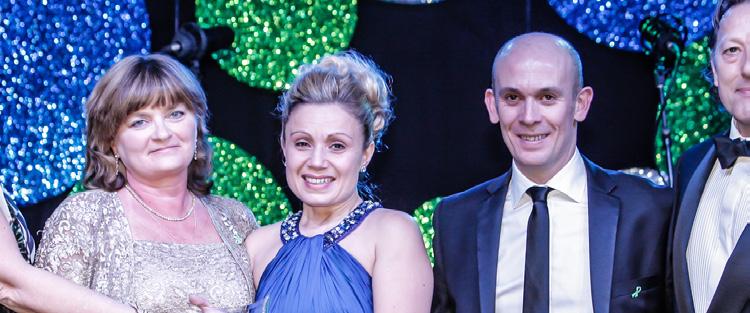

In August 2009, our eldest son Taylan sadly passed away at the tender age of just seven to a DIPG brain tumour. Everything seemed to happen so quickly and we felt lost as well as being broken. I decided to try and focus on what we could do now to continue with Taylan’s legacy. I did some research and liked the ethos of BrainTumourResearch, so I decided to give them a call. Sue Farrington Smith answered the phone and we spoke for quite a while. Her passion and determination in trying to help find better treatments and a cure made me smile –something I hadn’t done for a very long time and I wanted to be a part of this journey –as I owed it to Taylan. In 2010 we established Taylan’sProject , which became the charity’s first Fundraising Group. We’ve witnessed this wonderful organisation grow from a small office with two people, into what it is now – in just seven years!

My daughter, Holly, was diagnosed with an inoperable tumour in 2009 at the age of 13. It was such a shock to the whole family and I had never even heard of anyone with a brain tumour before – it was so frightening. I was blaming myself; it must have been something I did when she was a baby, or something I gave her etc. I was dismayed to find that there were no answers, and that is when I found out about BrainTumourResearchand the

My proudest achievement so far has been when I was chosen as ‘Gold Torchbearer for BMW’ in the 2012 Olympics. Taylan loved playing sport, so to carry the Olympic Torch in London in his memory, for all others who have been affected by a brain tumour, was an incredible honour. A very emotional day but one that will stay with me forever.
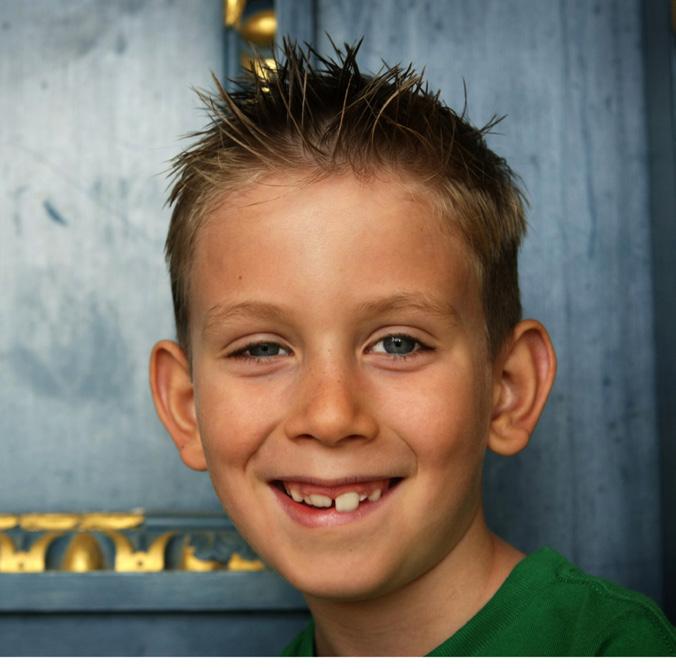
I am so proud to be part of a team which is incredibly passionate about what they do. The team at BrainTumourResearchgenuinely care; they all work hard and they listen but most importantly they all have incredibly big hearts, being driven by the fact that they know they are part of a large loving family that needs to work together to get results.
The greatest challenge we continue to face is to increase the funding given to brain tumours by the Government. BrainTumourResearchhas been campaigning for many years now and
whilst their voices are starting to be heard within the walls of Westminster, the Government needs to act faster. The brain tumour community is very closely knit and there are many incredible scientists out there – but without funds, they cannot do their jobs.
I truly believe that BrainTumourResearchwill be the ones to increase Government and larger cancer charity funding to £30-35 million a year, which is what is required to make a real change and will also bring funding in line with other cancer research. They are the leading voice in campaigning for funds, better treatments and awareness and I know they will continue to grow from strength to strength over the coming years.
work they do. I particularly liked that their money goes directly into lab research; research into the causes and cures is what is desperately needed. I believe this, together with the passions and commitment of the team at BrainTumour Researchhas been the key to their success.
This shared dedication is what inspired me to fundraise for the charity and I am immensely proud of the relentless support of many, many friends and family in all of our fundraising efforts.
The greatest challenge in the fight against brain tumours is still the funding; there are so many different types and because of the blood-brain barrier, brain tumours often don’t benefit from general cancer research being undertaken. This is why brain tumours need more dedicated, site-specific research. I will continue to support
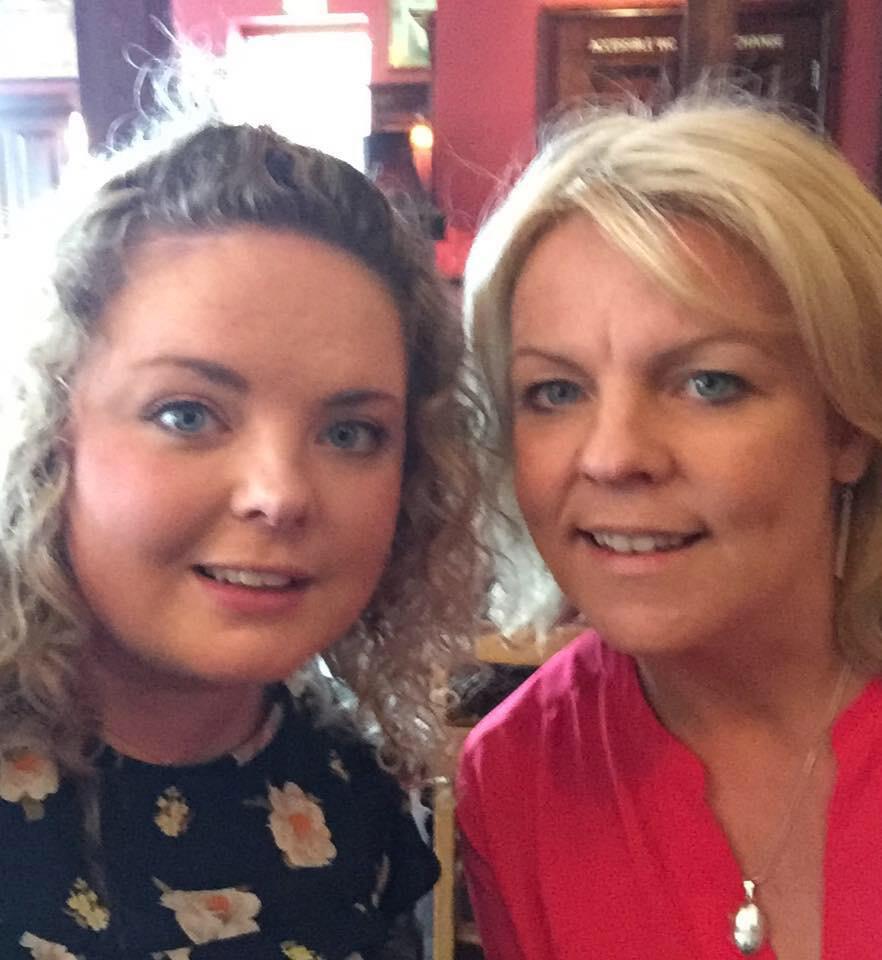
BrainTumourResearch’s Centre of Excellence model as sustainable research is what’s required if we are to make progress and rid the world of this horrible disease.
We are building a network of experts in SUSTAINABLE BRAIN TUMOUR RESEARCH
Sponsor days of research at UK Centres of Excellence
To achieve our mission, we need to nurture and encourage talented young researchers in the field of neuro-oncological research, if we are to make significant progress into finding a cure for this devastating disease.
Research Fellow, Dr Zaynah Maherally, undertook her PhD within our Centre of Excellence at the University of Portsmouth (UoP) and has been based there ever since.
It is thanks to your support that she can continue her vital research into pioneering treatments for brain tumours. We spoke to Zaynah about her career so far and what she imagines for the future of brain tumour research.
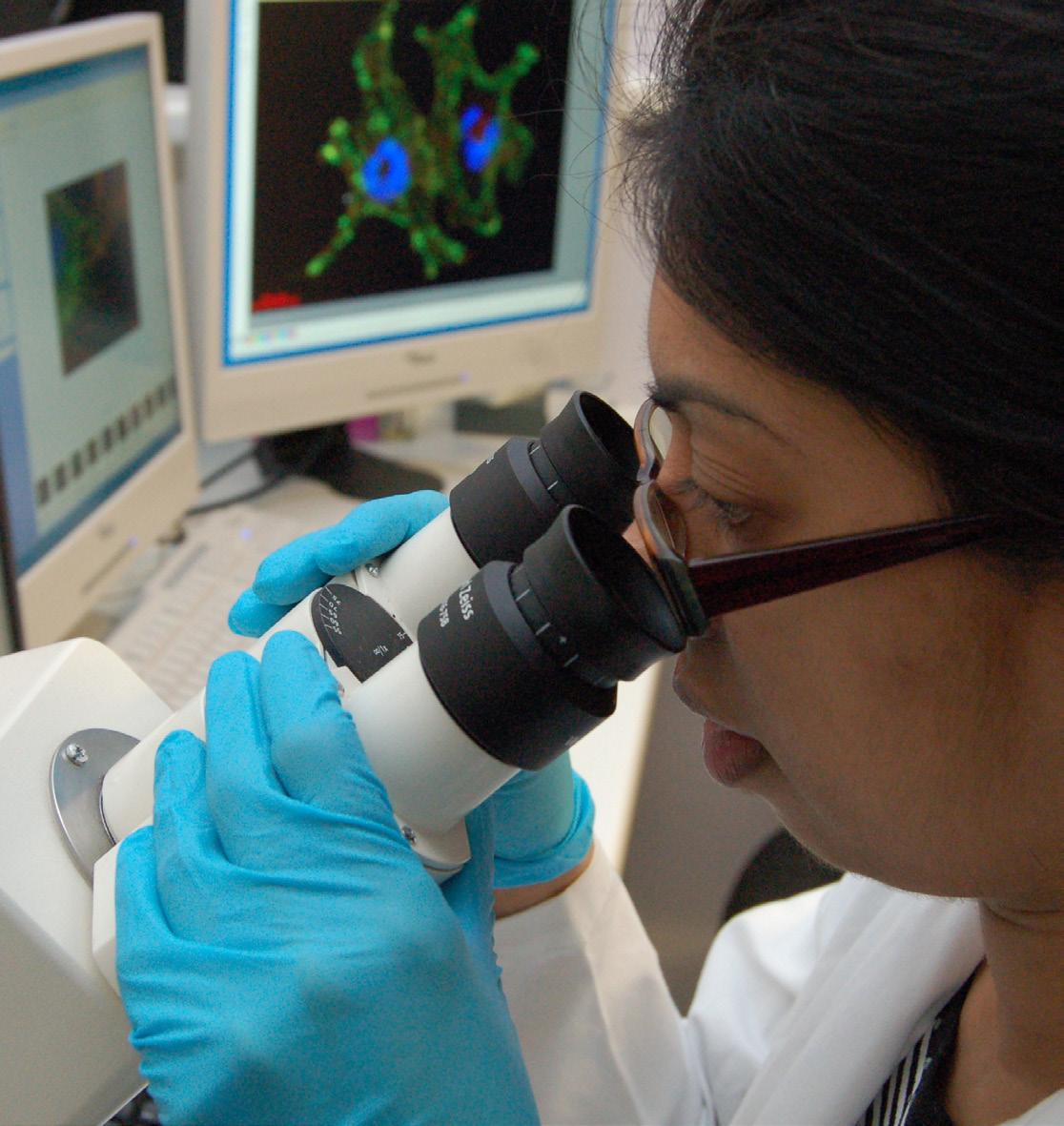
Brain Tumour Research: Whenandhowdidyoudecideyouwanted topursueacareerinscientificresearch?
Zaynah:
I was doing my internship at the Hospital of Kuala Lumpur in Malaysia and was posted in the cytology unit. From there I was seeing oncology patients for biopsies almost every day. That experience deepened my interest in scientific research but more specifically in oncology research.
Brain Tumour Research: Whatappealstoyouspecificallyabout workingwithinthefieldofneurooncologicalresearch?
Zaynah:
The challenge – brain tumours behave differently compared to other cancers and it’s vital that we learn why the prognosis for brain tumour patients is so poor. Also, the reward of knowing that every step brings us closer to finding a cure, giving hope to many patients and their families.
Brain Tumour Research: Howdidyoufirstgetinvolvedwiththe UniversityofPortsmouthandhowhasthis helpedtoshapeyourcareer?
Zaynah:
I finished my MSc in Biomedicine at the Curtin University in Australia and was looking for a PhD in the UK with a specific focus on cancer research in humans. I was offered a place with Geoff Pilkington, Professor of Cellular and Molecular Neuro-Oncology at UoP. My PhD studied some of the key components associated with the development and spread of tumours within the brain. In particular, I focused on two proteins which are present on the surface of tumour cells –CD155 and CD44 – which both play a role in the invasion of tumour cells into surrounding areas of the brain. If we understand the key factors associated with this process, we may be able to develop new drugs which will prevent it.
My work includes exploring the mechanisms for how some types of cancer cells spread to to the brain. Unfortunately, many treatments for cancer in the body, such as chemotherapy, are delivered through the bloodstream and the blood-brain barrier (B-BB) prevents these from crossing into the brain. The B-BB is a powerful protector for the brain, guarding it against toxins travelling in the blood.
Knowing that the animal model of the B-BB did not directly relate to the human brain, we have created a unique, three dimensional, all-human version that can be used by researchers in the lab. This model uses only human brain cells, human brain glioma (tumour) cells and human serum.
Having this exclusive model of the B-BB is enabling me to carry out leading research at the University of Portsmouth into the genetic control of brain tumours and test ways in which to deliver potentially new therapeutic drugs to target brain tumour cells.
The exposure and expertise gained here at Portsmouth has deepened my drive to carry on this ongoing battle to find a cure for brain tumour patients.
Inyouropinion,whatisneededto progressresearchintobraintumours onordertoachievesimilarsurvivalrates andmoreeffectivetreatments (similartothoseavailableforbreast cancerpatients)?
Zaynah:
1. Funding – more funding is desperately needed to inject into sustainable research.
2. More specific brain tumour meetings where leaders meet and discuss up-to-date questions, answers and the way forward based on this.
3. Focused collaborative work across the UK –so as to progress and not waste time and resource repeating the same research. It’s great to see how BrainTumourResearchis helping develop these sorts of collaborations and leadership meetings through their annual scientific research workshops.
4. Not so stringent (in a good logical and realistic way) in clinical trials, it takes years to even get a drug into clinics.
Wheredoyouhopetobeinfiveyears’ time?
Zaynah:
I strongly believe that the opportunities here at UoP such as setting up national and international collaborations, learning of the current challenges and novel techniques used to devise therapies to treat brain tumours, as well as interacting with key leaders in brain tumour research, will further help expand my interest in brain tumour invasion and metastasis, as well as contributing to my understanding of this debilitating disease. I am confident that I will be sufficiently equipped to develop into a principal investigator in brain tumours in the future.
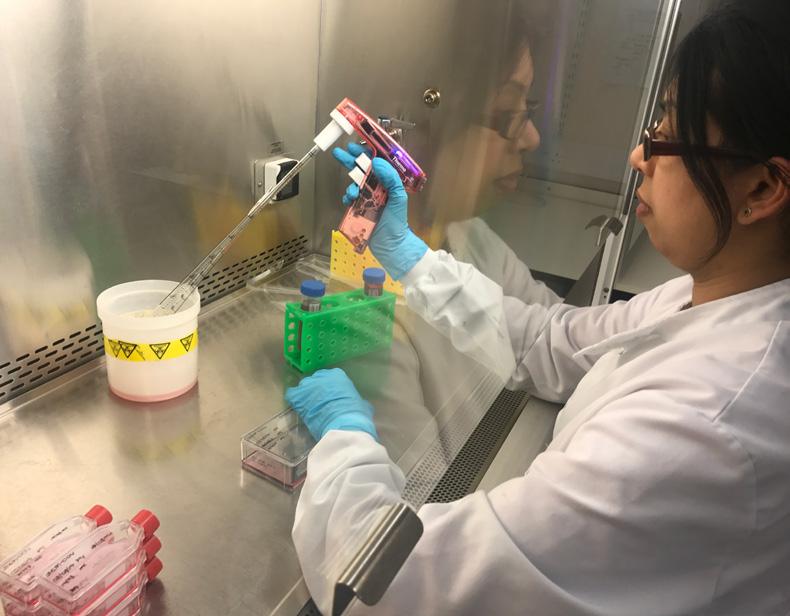
National brain tumour research funding needs to increase to £30-35 million a year
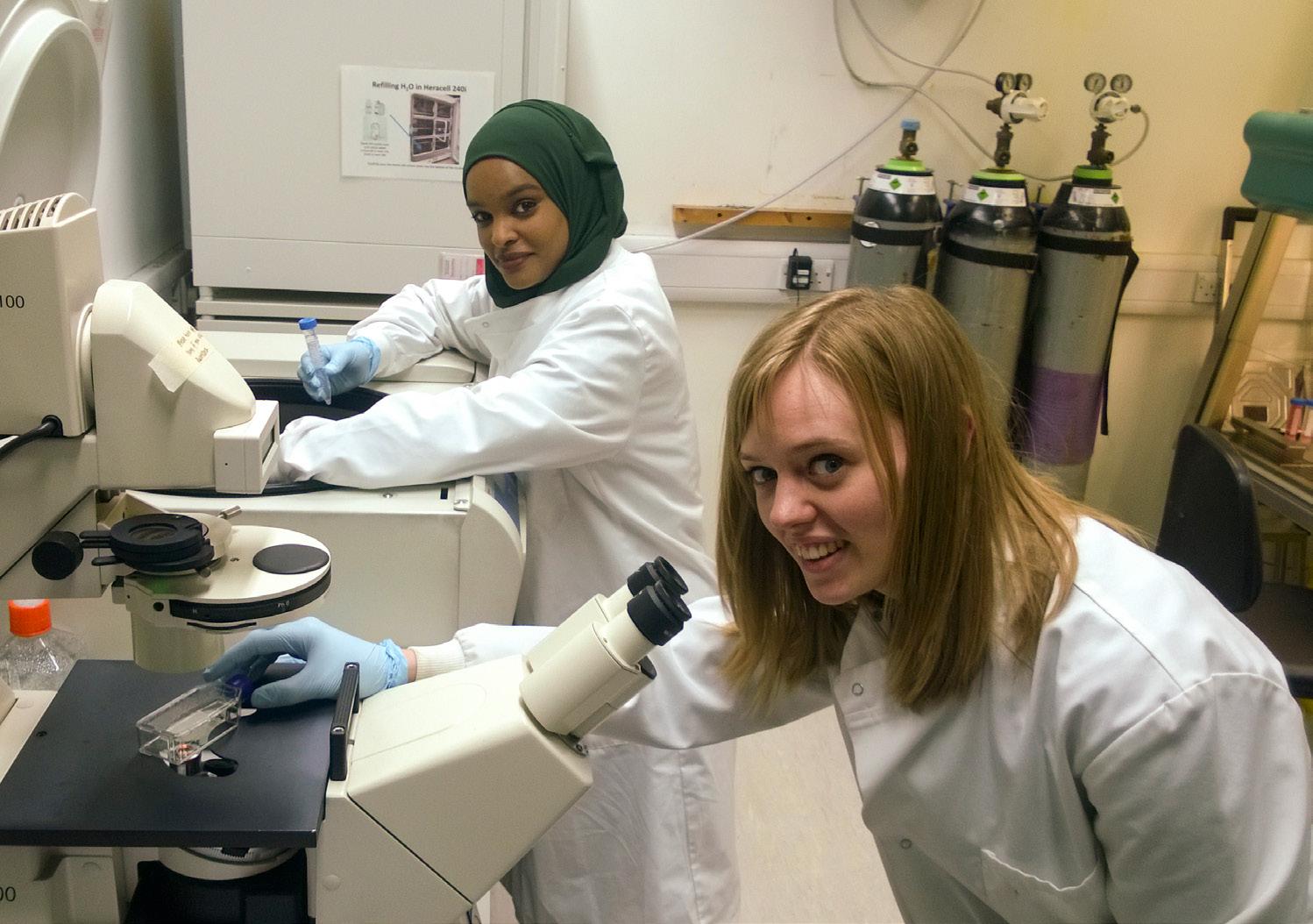
In an ambitious project, Brain Tumour Research’s Centre of Excellence at Queen Mary University of London (QMUL) is currently tackling the issue of patient-specific therapies.
This project relies on living cells that can only be obtained from patients during brain tumour surgery. An important aspect of this project is the pairing of cancer cells with normal cells from the same patient. Over the last few years, the team at QMUL has developed a method to achieve this. This study is very costly and it is essential that the right tissue is used in the research project.
The team at QMUL works in close partnership with Neuropathologist Professor Sebastian Brandner at University College of London (UCL) and Dr Jeremy Rees, a Consultant Neurologist at the adjacent The National Hospital for
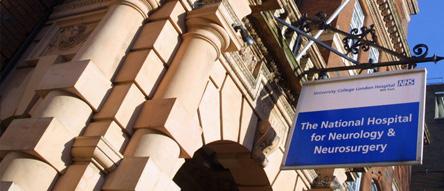
Neurology and Neurosurgery (NHNN). They identify and approach suitable patients for the study and ask them whether they would be willing to take part. Already during a patient’s operation, Sebastian and his colleagues make a preliminary diagnosis by looking at the tissue sample under a microscope; more detailed information confirming the type of brain tumour being available usually in two days. Further detail is required to be certain that the right subgroup of high-grade gliomas, i.e. the glioblastoma multiforme (GBM), is evident in the culture. This confirmation comes approximately one to two weeks later using DNA-based molecular tests, which further subclassifies the GBM.
Highly specialised, in-depth scientific data about the individual subtypes of GBM are
needed to understand its biological behaviour. To achieve this, the researchers in Professor Brandner’s laboratory use a method to get the most detailed and accurate information about each individual tumour subtype. They conduct a complex analysis of the DNA from the tumour, examining hundreds of thousands of ‘points’ in the genome, which may be changed by an event called methylation. These data are then fed into a supercomputer, which compares them against a large database containing existing information on brain tumours and informs us to which GBM molecular subgroup the tumour belongs.
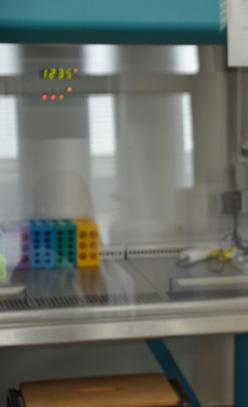
This technology, which is an important and novel addition to precision diagnostics in neuropathology, is available only at a few institutions in the UK, including the NHNN.

We are striving to fund a network of seven dedicated research centres in the UK

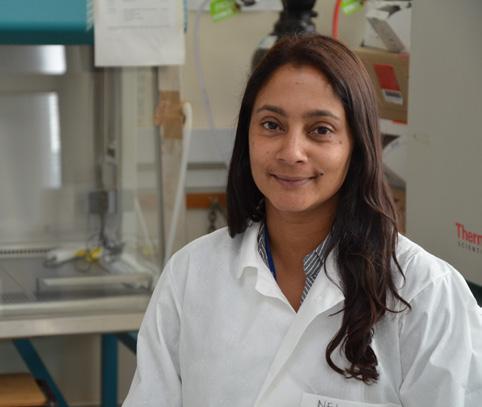
One of the challenges to finding a cure for brain tumours is to identify specific changes between the cancer cells and normal cells within the brain which can act as targets for the action of new therapies. Schwannoma and meningioma are two types of low-grade brain tumour being investigated by the research team at our Plymouth University Centre of Excellence.
The team there is led by Professor Oliver Hanemann. Working closely in collaboration with Dr Nelofer Syed (pictured) – who heads up the laboratory research team at our Imperial College Centre of Excellence – Professor Hanemann published a paper recently in the journal EBioMedicine, comparing the profile of these tumours and normal cells.
Using state-of-the-art techniques, they identified specific changes in the
tumour cells and, significantly, have determined how to overcome the changes, stopping the tumour in its tracks! This exciting research development has brought a focus on certain drugs already used for kidney and liver cancer but never before for brain tumours.
Moving quickly is a ‘trademark’ of our Plymouth team and this discovery is now forming the basis for a new clinical trial. We’ll bring you more news of this trial when we have it.
OUR TRUSTEES ARE VALUED AND VITAL MEMBERS OF OUR ORGANISATION. They have all been affected by brain tumours in the lives of their families or friends and this is reflected in their unwavering commitment to achieving the ambitious goals of Brain Tumour Research. Here we meet three of our trustees, all of whom have been part of the charity’s journey since the beginning. You can read about our other trustees in Believe Spring 2017. Find this via www.braintumourresearch.org/believe

Commission in the Royal Navy. He then took up a post in manufacturing industry before moving to McKinsey as a Management Consultant advising multinational organisations on their future strategy. He was subsequently invited to become Chairman of some 20 publicly quoted companies to lead the re-focusing of their activities. He was awarded the Freedom of the City of London in 1985, and Master of the Tin Plate and Wireworkers Livery Company in 2007.

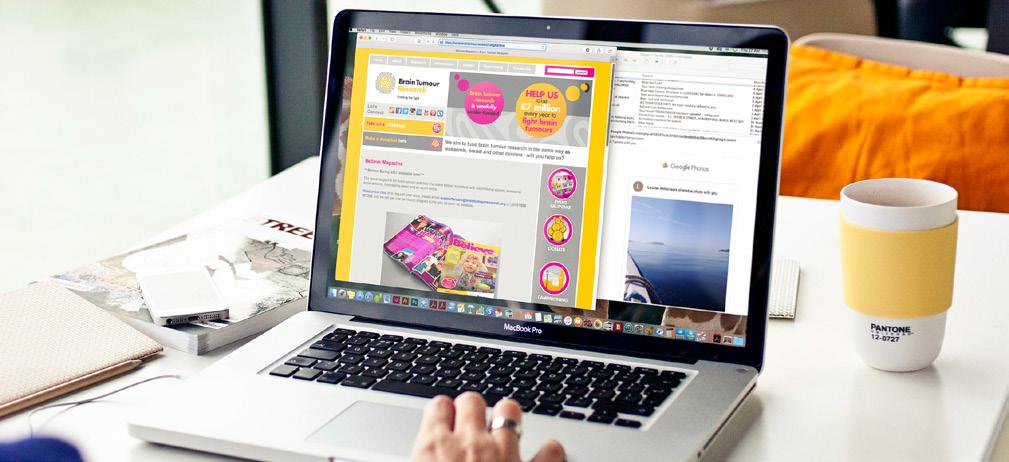
Sandy has been tirelessly dedicated to increasing awareness of brain tumours since his eldest daughter, Diana, passed away in 2002. A leading figure in the brain tumour community, he and his wife Rosemary initially established the Diana Ford Trust, raising funds to begin building the critical research mass required to combat this devastating disease.
On retiring from the City, he was asked to serve as Chairman of the Local Civic Society, which led to his election as a Town Councillor and later, Mayor of Beaconsfield. He was also Chairman of the Buckinghamshire and Milton Keynes Association of Local Councils. These roles have helped Sandy to strengthen his impact when spreading awareness of brain tumours. His strong personal and business connections both in the City of London and in the Thames Valley and surrounding area have given Brain Tumour Research a bigger platform from which to gain support.
Sandy is immensely proud of all that Brain TumourResearchhas achieved but knows that
more has to be done if we are to win the fight against brain tumours: “The next important step is establishing our fifth Centre of Excellence. We must also continue to bring members of the brain tumour community together, so that we have even greater impact on government, influencing policy to allocate more funds to brain tumour research. Our role is also to ensure that research results are shared amongst scientific communities, avoiding duplication of effort, with a clear focus on where we are going and eventually of course, how we are going to find the cure.”

One of our founding Member Charities, Charlie’s Challengehelped establish our first Centre of Excellence (along with other Member Charity Ali’sDream) at the University of Portsmouth.
Nigel’s business career commenced in 1970 when he joined the advertising agency, J Walter Thompson in London. From 1971 until 1978 he worked for Thames Television in advertising media sales before moving to Southern Television to build and grow the local television advertising market. In 1985 Nigel was inspired
Nigel’s passion for the cause began in 1993, when his son Charlie was diagnosed with a brain tumour at just 20 months old. Though the subsequent outcome for his family was a positive one – Charlie made a full recovery and is now building a successful career in the City of London – Nigel was all too aware of how lucky they were. He established Charlie’s Challenge to help raise awareness and funds for research.
to found his own full service agency, Boutwood Advertising Ltd, where he remains Chairman and Managing Director.
Now, 24 years after his son’s diagnosis, he is still driven by his frustration over the lack of progress in global brain tumour research: “I’m pretty angry that society hasn’t yet managed to significantly improve outcomes for brain tumour patients. What we have done at Brain Tumour Research is create a successful charity which can and will accelerate progress, and that is something to be immensely proud of. I’m well aware that my family
Rob and his wife Carole founded Brain Tumour Research member charity Anna’s Hope 11 years ago following the tragic loss of their daughter Anna, at just three years and eight months old.
An employee at Mars Food for 32 years, Rob held numerous positions within the sales and marketing teams. He was Managing Director of Mars Food for nine years and was also a member of the Mars UK Board and Mars European Food Board. During his last three years with the company, from 2009-2011, he was a member and advisor to the Business in the Community ‘Health in the Workplace’ Leadership team.
Rob has now been Chairman of Peterborough and Stamford NHS Foundation Trust for four years and continues to be a valued Parents and Charity
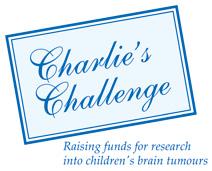
has not suffered as much as others, we’ve been very lucky. But I could never walk away, I refuse. There is still a job to be done.”
Charlie’sChallengecontinues to contribute to the funds needed to sustain our vital research into brain tumours and Nigel would like to thank everyone who continues to support both charities: “The dedication by the Brain Tumour Research workforce and all of our supporters is an inspiration and if we keep it up, I know we will ultimately beat this ghastly disease.”
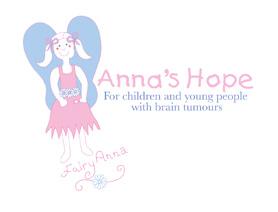
Representative for the NHS Safe and Sustainable Review of Paediatric Neurosurgery.
Having been on the board of trustees at Brain TumourResearchsince 2011, Rob is always eager to offer his experience and expertise to the wider cause. “As Chair of an NHS Hospital Foundation Trust and an industry board member, I am able to bring experience and knowledge of the healthcare system, as well as strategic sales and marketing skills to the charity.”
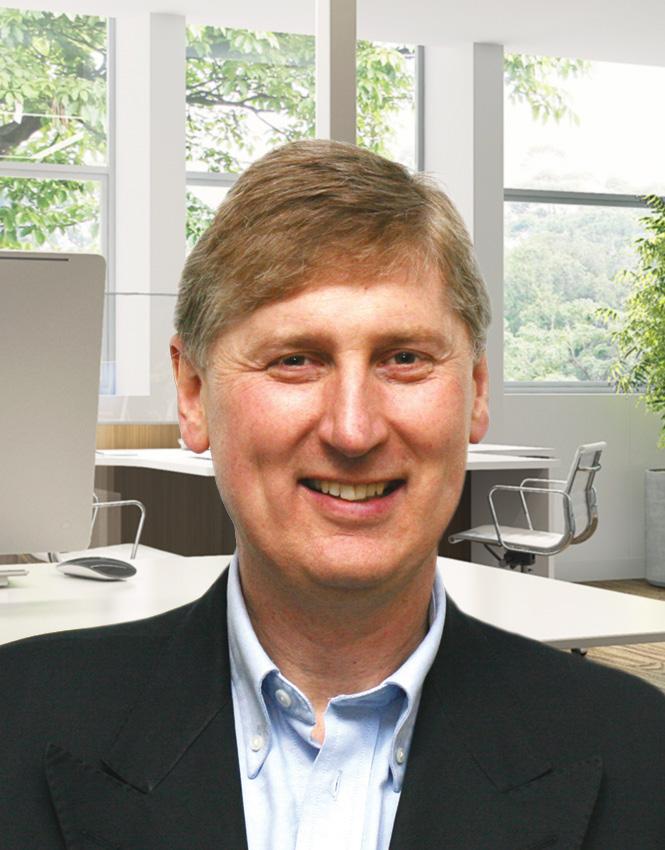
Rob is passionate about making a difference and through the incredible work of Anna’sHope, is helping to support the rehabilitation of children and young people with brain tumours, as well as raising awareness for brain tumours and supporting research to ultimately find a cure.
On Wednesday 15th March 2017, we were joined by supporters, scientists, celebrities and MPs alike for our annual brain tumour awareness March event held at Speaker’s House Westminster.
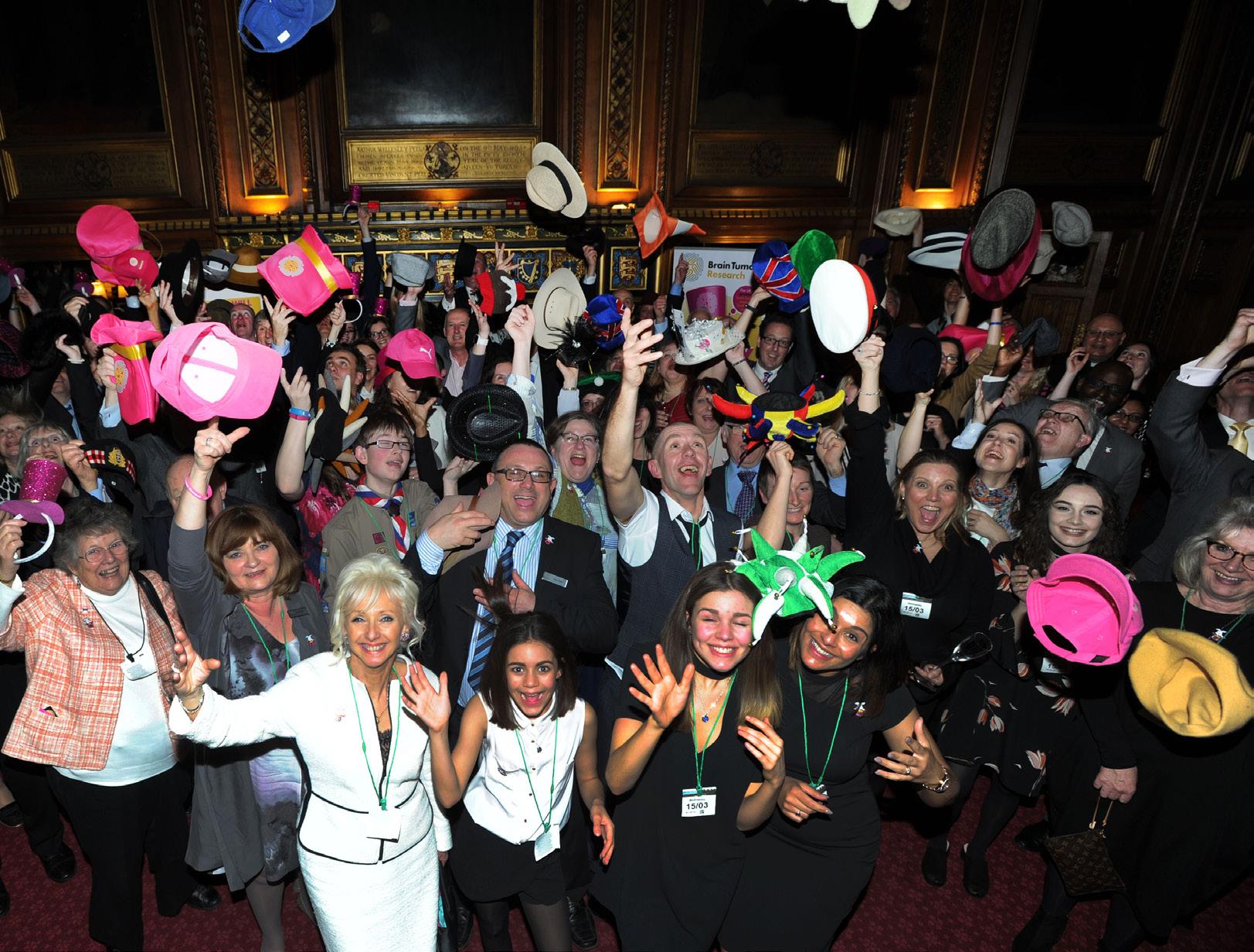
This is an important event in our campaigning calendar; giving patients and carers a voice and enabling them to share their experience with MPs and other key influencers. It also serves as a poignant reminder of why we need to increase the national investment in brain tumour research to £30-£35 million per annum. Those gathered were particularly keen to hear from Dr Helen Campbell, who provides the secretariat to the Government’s Task and Finish Working Group. She explained that the barriers have been identified and the group is now working on how these will be broken down.
MPs praised the dedication of their many constituents, especially BrainTumourResearch’s Chief Executive Sue Farrington Smith MBE, in doing all they could to improve outcomes for brain tumour patients.
Guests couldn’t help but be moved when Debbie McGee, wife of the late Paul Daniels, spoke on behalf of the thousands of families who have lost a loved one to a brain tumour.
Debbie recalled: “After news about Paul’s brain tumour got out we had lots of letters from people saying try this or that – and we did. But the dreadful truth was that there was nothing to be done. Paul loved life too much to just give up, we continued to share a joke until just two days before he died. After nearly 30 years of marriage, all I could do was be with him, to hold his hand and tell him that I loved him.”
Emotive speeches were also given by Bethany and Chloe Lloyd, who lost their father Steve in December 2015; Wayne Church, who lost his son Finlay at the age of 11 and Ben Anderson, a patient who was celebrating his 18th birthday that day. All speakers poignantly described how they had been affected by the disease and also highlighted the ongoing battle for greater parity of funding for brain tumours.
Wayne Church explained: “Younevergetover thelossofachild,ourheartsremainbroken andwearedrainedandexhausted.Thisdisease doesnotdiscriminate.Ifthereisonegood
thingtocomeofthisitwillbethatmorepeople starttositupandlisten,thatmorepeople understandthehorrorofthisdiseasethattakes somanyofourlovedones,andthatmorewill bedonetoensurethisdoesnotkeephappening tofamilieslikeours.”
Our humblest thanks to all who attended this flagship event and all who continue to join in with our campaigning efforts, in the fight for funding for brain tumours.
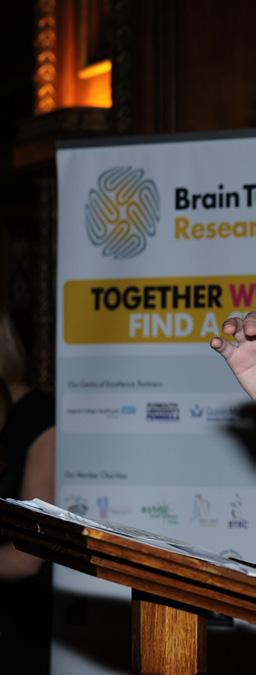
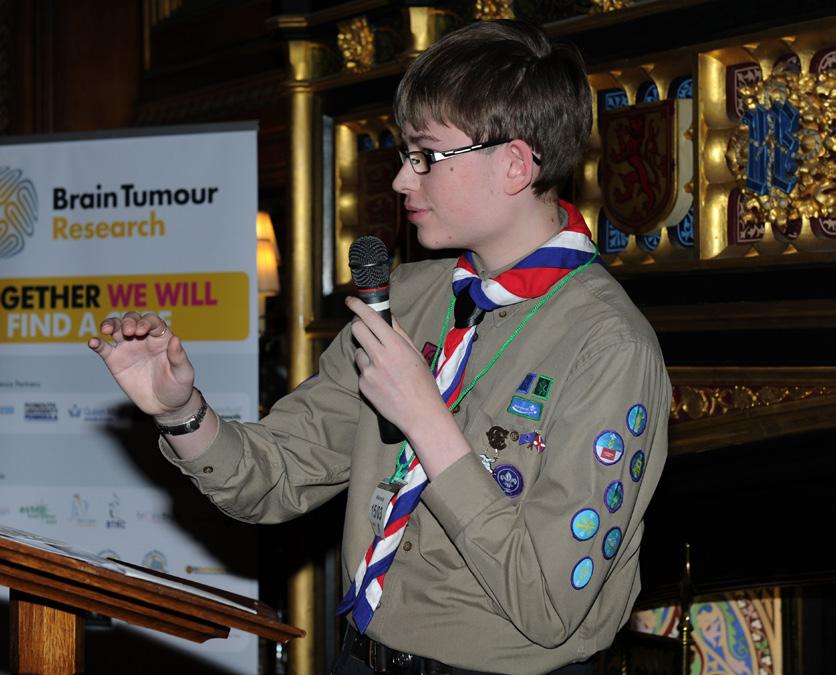
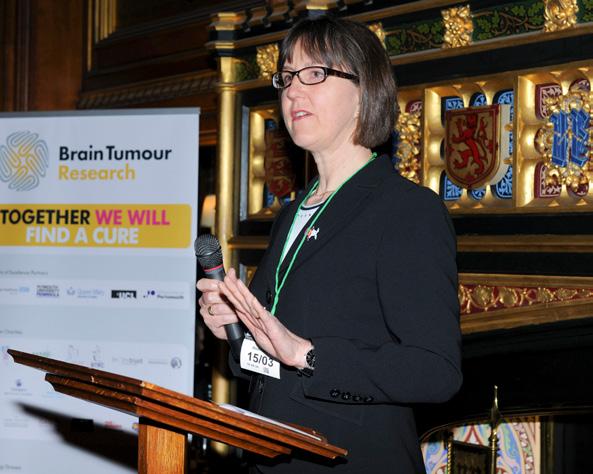

DrHelenCampbell
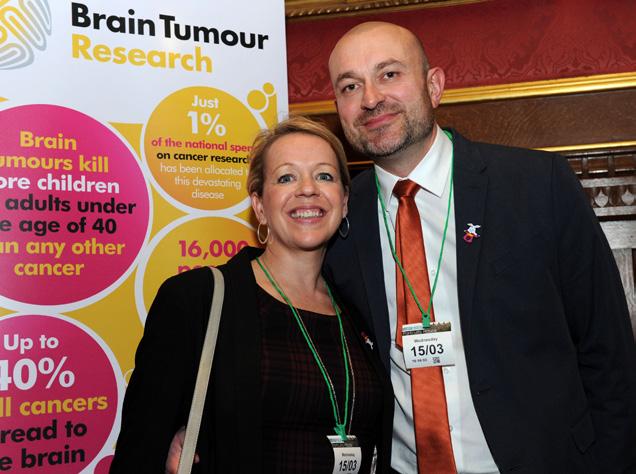
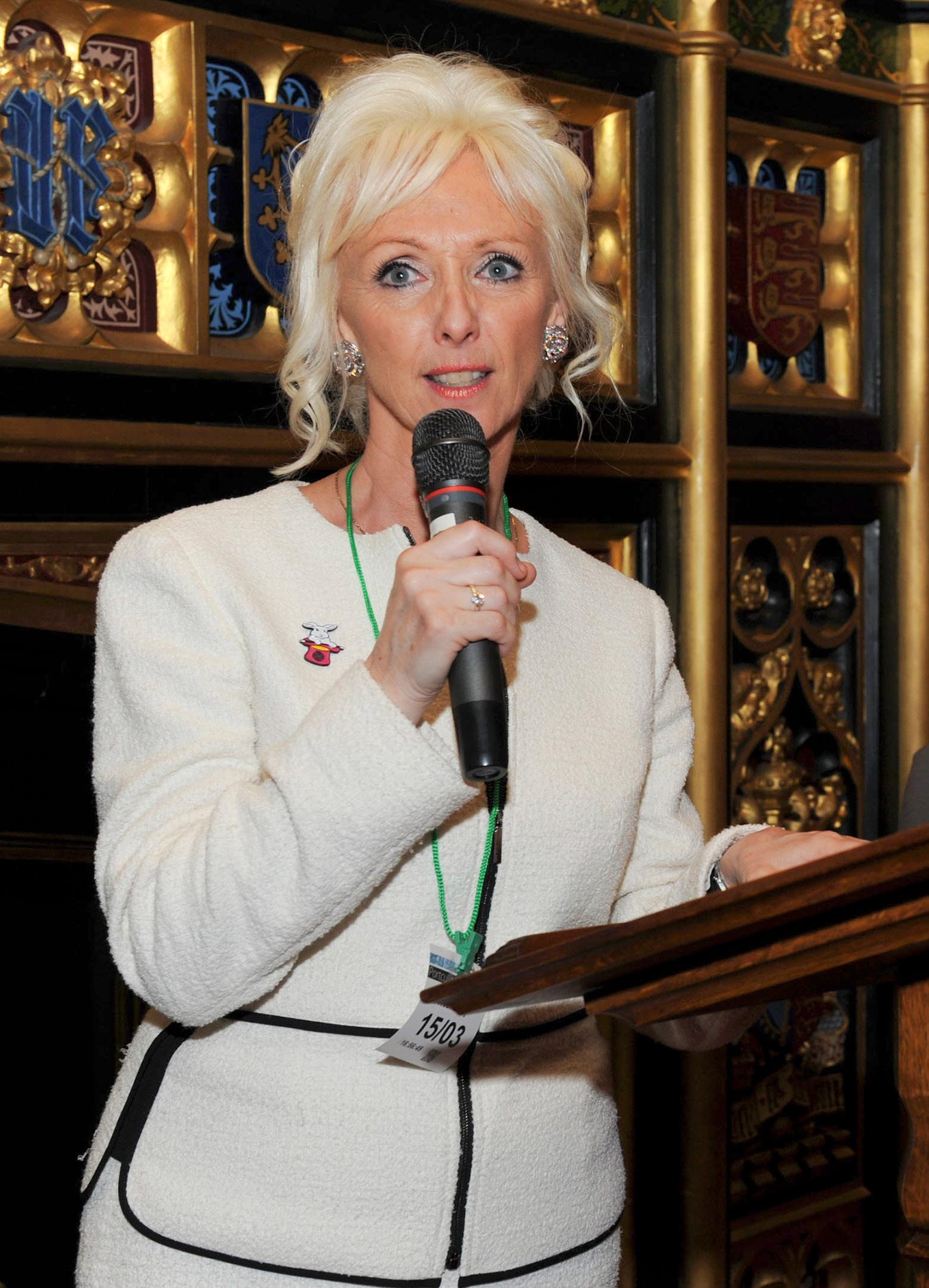
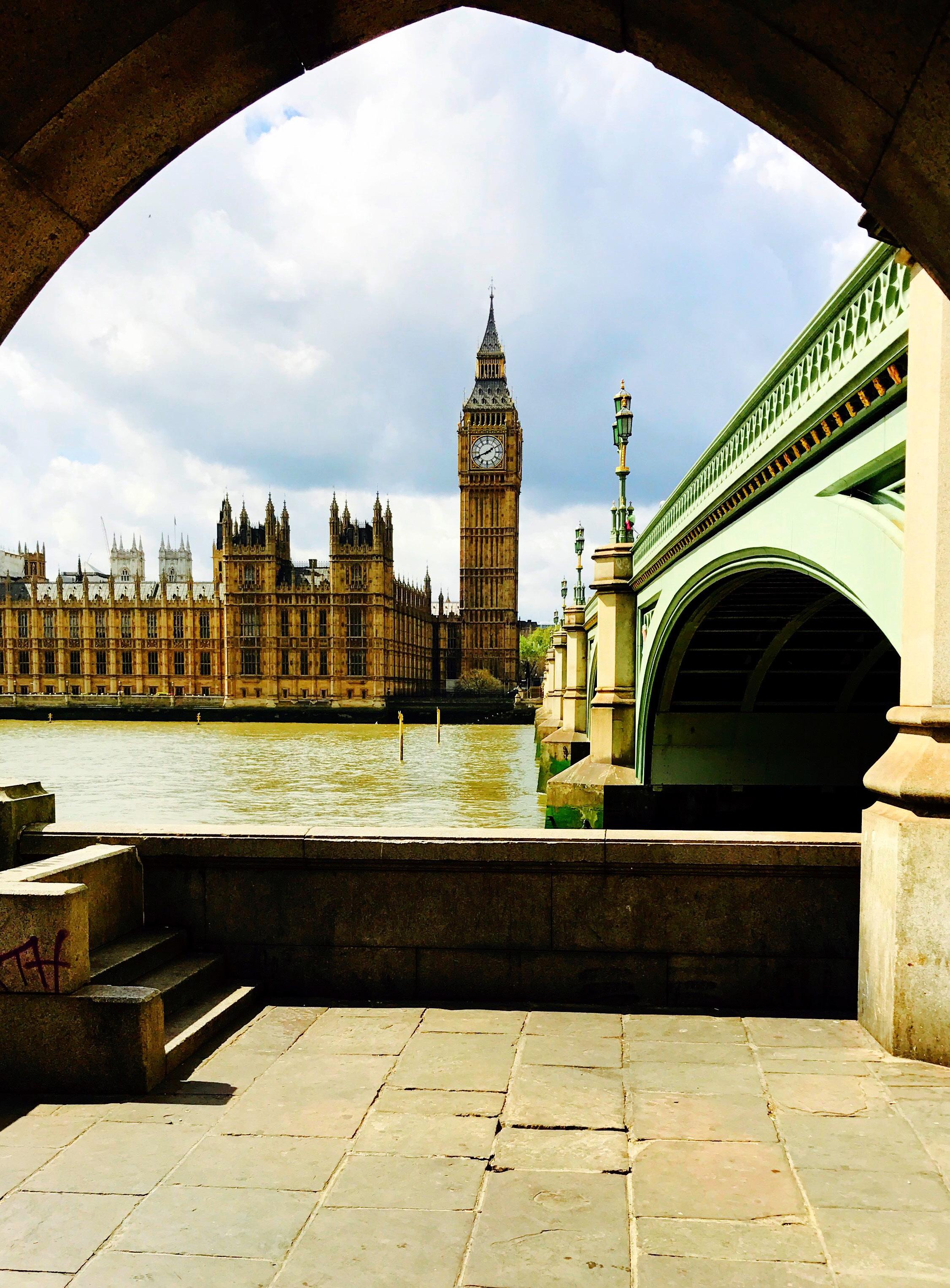
Brain tumours kill more children and adults under the age of 40 than any other cancer
We are challenging the Government and larger cancer charities to invest more in brain tumour research
Following our successful e-petition, the Petitions Committee’s subsequent inquiry, first report and Westminster Hall debate involving over 70 cross-party MPs, a Government Task and Finish Group was set up to address the need to increase the level and impact of brain tumour research.
With the backing of over 120,000 people (who signed the petition demanding more funding for research into brain tumours) we are playing a lead role within the Group to ensure the Petitions Committee’s recommendations are followed through.
• Take a greater lead by playing a role in identifying gaps in funding, by setting priorities for research and by supporting the development of the research workforce required to give those suffering with a brain tumour some hope for the future
• Give a clear statement of whether it thinks funding levels are adequate and, if not, what it will do to ensure that funding for brain tumour research increases
• Use its powerful influence on funding levels to send a clear message that brain tumour research is a major priority for the UK
• Ensure that there is adequate support for young scientists who wish to pursue a career in brain tumour research, so that they can stay and progress in their areas of specialism
• Not leave the prioritisation of research funding only to the voluntary sector, it should consider the burden of disease from brain tumours and take a more active role in setting priorities for brain tumour research funding
• Ensure greater oversight of research funding to ensure that it is able to identify, and if appropriate, take steps to address any gaps in funding
According to the Petitions Committee, “successivegovernmentshavefailedbraintumour patientsandtheirfamiliesfordecades”yet in the 12 months since the Petitions Committee report, national spend on brain tumour research may have gone backwards. Latest reported figures from the National Cancer Research Institute revealed that the total national spend on cancer research allocated to research into brain tumours decreased to just 1.37% in 2015.
The burden of research investment into brain tumours has fallen heavily on the third sector. In 2015, charities funded 86% of the national research into brain tumours, while the 14% of Government spend on brain tumour research represented just 0.52% of its total spend on cancer research in 2015.
In a shocking announcement late last year, CancerResearchUKestimated that deaths from brain cancer will remain static over the next 20 years with just one in five surviving the disease for five years following diagnosis, yet they predict that overall cancer death rates within the UK will fall by 15% by 2035.
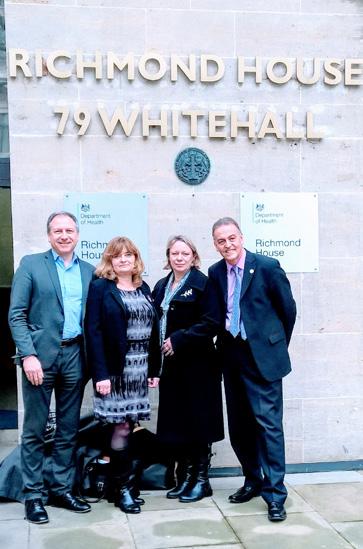
If
Brain tumours have been neglected for too long; we cannot allow this situation to continue. While we applaud the wonderful advances for many other diseases, through the fantastic research breakthroughs of recent years, it is now time for brain tumour patients and their families to see results. We need to bring hope to the 60,000 people living with this disease in the UK.
The chronic lack of funding for research into brain tumours and absence of leadership from successive governments has left a gap in the research workforce within the UK.
Better outcomes are the result of painstaking long-term research both in the lab and in the clinic. We need a significant boost to dedicated research investment in order to increase the number of neuro-oncologists and help us get closer to a cure for brain tumours.
The Government must not leave charities to tackle this devastating disease alone; responsibility for deciding on priorities for medical research and for identifying diseases with unmet need should not be left to the voluntary sector.

The Task and Finish Group will deliver its findings and recommendations in a new report to Health Ministers, due to be published in September 2017.
We will bring you more news of this and all our latest campaigning updates as they happen on our social media feeds and our website.

Supporters in Norfolk have enjoyed a number of foodie-themed events including a ploughman’s lunch in Holme-next-the-Sea; a pie and mash night in Sedgeford and a traditional Christmas lunch with entertainment from Hunstanton Community Choir. These raised in excess of £1,400.
There have also been some exciting physical challenges! In September 2016, Costas Eleftheriades successfully completed a Mount Kilimanjaro Challenge in memory of his son Tom, raising nearly £1,700. Then in December 2016, Daryl Evans took part in a white-collar boxing match in support of Karan Waller and her family and raised a wonderful £970.
The mission of Astro Brain Tumour Fund is to fund research into low-grade gliomas. They are also a vital source of information, support and hope for the low-grade glioma community. The past year has been very busy for the charity, with their supporters raising great amounts at a range of exciting fundraising events!
Angela Coker, Ladies Captain of Hunstanton Golf Club, chose AstroBrainTumourFundto support during her Captain’s year. Angela and the ladies’ section organised many fundraising events including a Lady Captain’s Drive in, Christmas raffles, a coffee morning, fashion show and Lady Captain’s Charity Day. These fantastic fundraisers have raised almost £5,000!
AstroBrainTumourFund’spopular annual fundraising event, the Norfolk Family Walk, raised an amazing £9,568 in 2016. It will return to the Holkham Hall Estate on Sunday 15th October 2017 – all are welcome! Please visit their website to find out more.
www.astrofund.org.uk

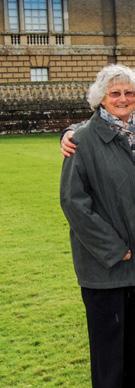
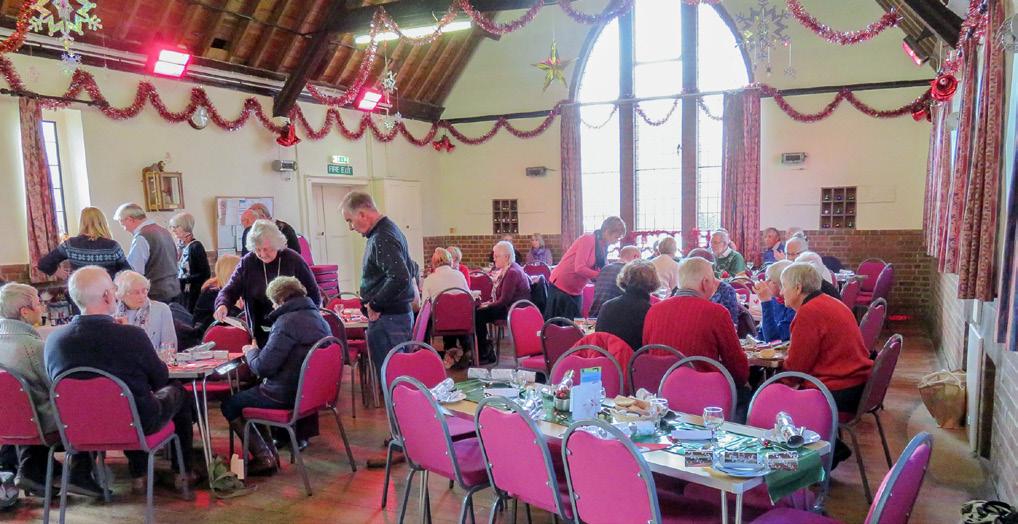
for their generous support and reiterated the charity’s commitment to improve the quality of life of people affected by neurological problems.
On Tuesday 7th February 2017, the Brain & Spine Foundation celebrated 25 years of supporting people with neurological problems at its annual supporters’ reception held at the Royal College of Surgeons.
The evening was kicked off with a special welcome to the charity’s London Marathon Team. The charity’s CEO, Alice Doyle thanked the guests
The evening’s special guest was TV chef Si King from the hit show Hairy Bikers. Si spoke to a full room of over 100 guests about his brain “shemozzle”. In 2014, after spending four days feeling an itch on the head and a bad headache he was taken to hospital where he then discovered he had suffered a subarachnoid haemorrhage – “twowordsthatIneverthought wouldbeinmyexistence”, as he said.
Subarachnoid haemorrhage affects 6-9 people per 100,000 per year, accounting for only 6% of all strokes but its mortality rate is 50% with 1015% of patients dying before they reach hospital.
When talking about his recovery, Si King

mentioned that he regretted not accessing support services available. His humorous speech carried the important message that there needs to be more awareness of neurological problems and of the support that is available to people affected by them.
“I am enormously privileged and humbled to be here”, King said, “and it’s nice to meet some people who have been as terrified as I have.”
The Brain&SpineFoundationruns a neuroscience nurse-staffed free Helpline for people affected by any neurological problems and provides accessible and reliable publications accredited by the NHS Information Standard on over 25 different topics.
www.brainandspine.org.uk


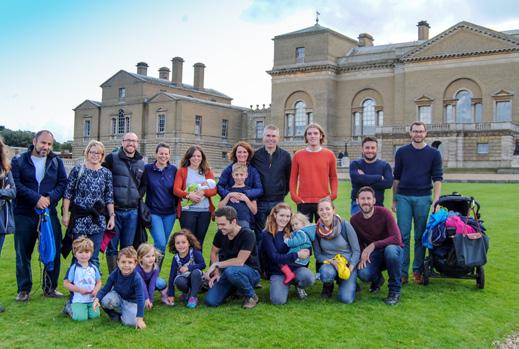
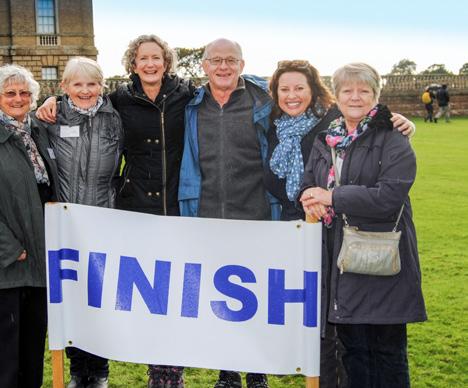

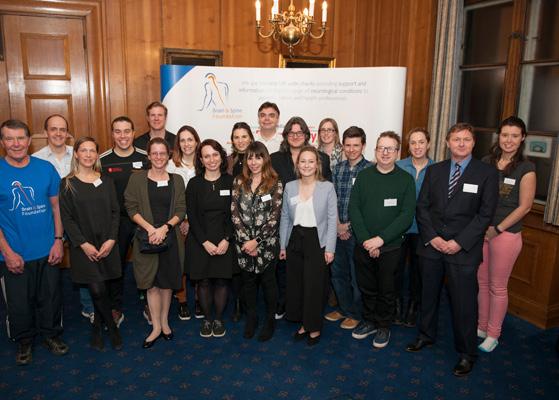
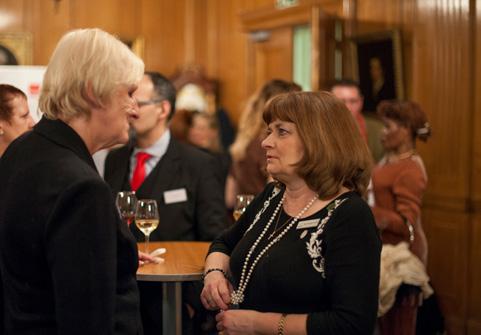
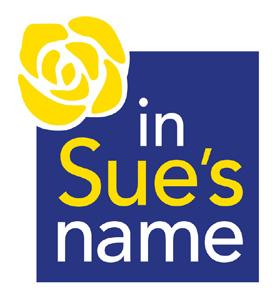
In February 2017, we were honoured to help officially launch In Sue’s Name. Our newest Member Charity was established in memory of Susan Blasotta, who tragically lost her battle with a brain tumour at the age of 42. Their mission is to raise £1 million in 10 years to fund vital brain tumour research. At the time of launch they had already raised enough to sponsor six days of research at our Centre of Excellence within Queen Mary University of London (QMUL).

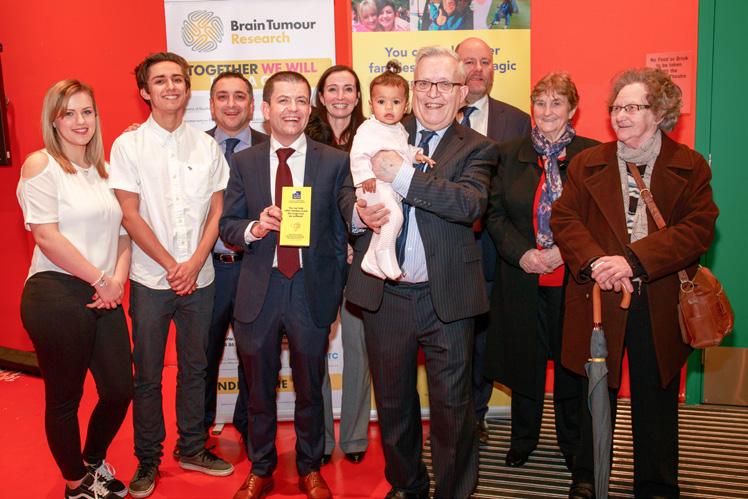
Every tile on the Wall of Hope represents £2,740 and funds a day of brain tumour research
Up to 40% of all cancers spread to the brain
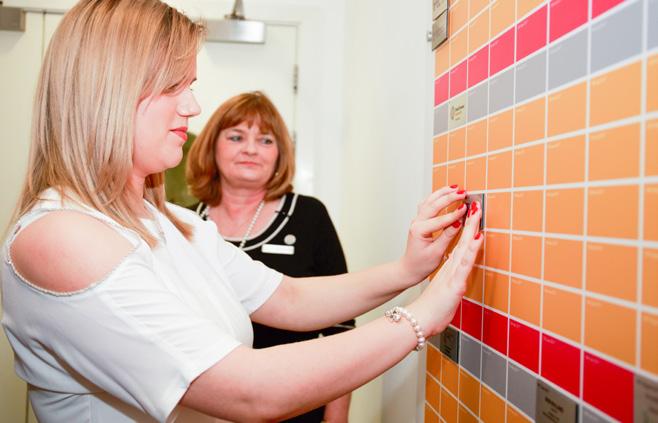
The inspirational launch event was held at the Blizard Institute within QMUL and was attended by family, friends, supporters and scientists from within the university itself. It was a poignant yet celebratory occasion with all attendees able to take part in a lab tour and many placing tiles on the Wall of Hope, marking days of research they had already funded through fundraising activity.
The event received much press attention and was even featured in the
Evening Standard that day – a testament to the incredible ambition of the charity.
David Taylor, Susan’s father spoke about the importance of their mission: “Galvanised by the fact that treatments for brain tumour patients remain so limited, we hope that this will lead to more effective treatments and ultimately a cure.”
www.insuesname.org
Creating an online Tribute Fund is a positive way to commemorate the life of a loved one whilst contributing to the work of Brain Tumour Research. A Tribute is entirely yours to control – whether you choose to make it a private place of reflection or somewhere that family and friends from across the world can visit.
Setting up your Tribute is simple and only takes a few moments. Once set up, it will be a place where family and friends can leave messages, share memories, light virtual candles and add poignant photos, videos and music in memory. You can control the privacy settings in every section to ensure nothing will appear that you do not want to see or share.
Your Tribute can also be added to our ‘Forever in our Hearts’ Tribute Garden. This is a place for individuals, families and friends to share and celebrate the life of their loved one, and to find others who have been affected by a tragic loss due to a brain tumour.
Whilst your Tribute does not have to include a fundraising section, you are also able to collect donations through it which come directly to BrainTumourResearch.In addition, you can also add any personal fundraising or events you have undertaken for visitors to view and take part in.
Find out more about setting up a Brain Tumour Research Tribute Fund by visiting: tributes.braintumourresearch.org
“A gentleman through and through. It was an honour and a privilege to meet and work with you.
The angels are truly blessed to have your presence.”
From Michelle in memory of Michael L
“My heart goes out to you all. An incredibly brave, strong & loving family whose suffering has touched so many. Instead of sending Christmas cards this year, I send my donation to this worthy charity. Much love to u all xxx”
From Carly in memory of Steve H

“Michael I miss you so much. Your positivity and your willingness to get stuck in and help those in need. You are a huge loss but will always remain an inspiration to me.”

From Stuart in memory of Michael P




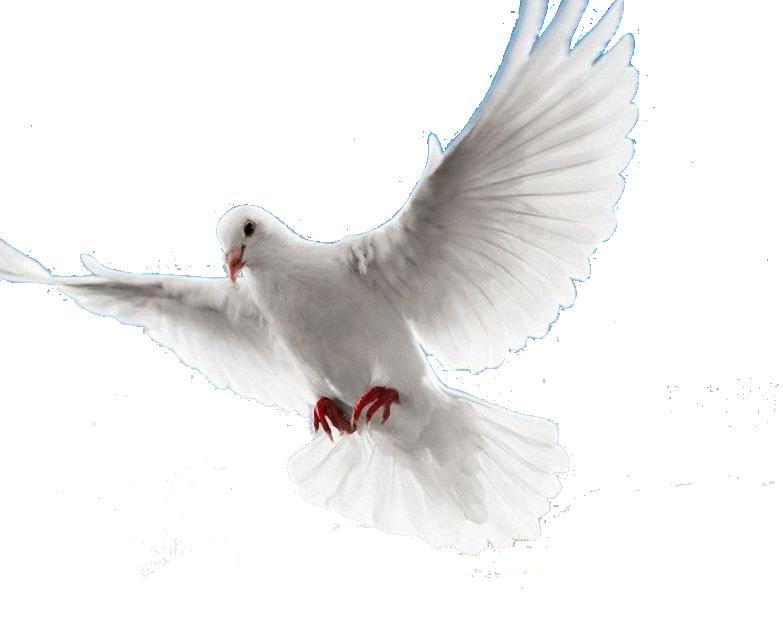
Marcus Aderaye
Patricia Elizabeth Allison
Julie Anne Appleford
Justine Askham
Brenda Baigrie
J Baillie
Jann Pierre Billingham
Philip Blackmore
Judith Bogie
John Bond

Brian Brooks
Claire Brunskill
John Stanley Castle
Ernest Frederick Clapham
Grace Clarke
Teresa Clarke
Andrew Connell
Pauline Cottrell
Sandra Crook
Daniel John D’arcy
Andrew Alexander Dine
John Christopher Drinkall
Hamish Neve Dunn
Callum Elliott
Debra Espin
Nick Force
Harry Fox
Natalie Freeman
Judith Garside
Russell Goddard
Lynne Grant
Russ Green
Alan Griffiths
Louis George Guerin
Wilfred (Wilfie) Hanna
David Hardwick
Edna Harris
Wendy Harris
Noel Harrison
Tony Harrle
Sally Anne Harvey
Nicholas Hastings
Stephen Henderson
Thomas Hill
Brian Hoadley
Lee Hopkinson
Thomas William Ivey
Jillian Johnson
Brain
Selina Margaret Jones
Trevor Morgan Jones
Christine Lee
Jonathan Leggett
Rosemary Lewis
Remo Lusardi
Rae Macleod
Christopher Mahony
Barry Mangan
Alan May
Irene May
Rev. Peter Moss
Thomas Murray
Paul Nelson
Joyce Newington
Kevin O’Brien
Simon Oldacres
Rosemary Orr
Gary Pawson
Linda Petch
Gary David Phillips
Angela Phillipson
Irene Pitchford
David Evan Powell
Robert Rennicks
Caroline Richardson
Mark Roberts
Diana Rose
Paul Christopher Russell
Josephine Samsome
Christine Sanders
Duncan Scott
Velma Sharp
Ronald Henry Alexander
Sherwood
Doris Shorter
Joyce Simmons
Clive Singleton
Mark Andrew Swann
Pip Taylor
Ryan Taylor
Paul Thorpe
Heather Ward
Ivan Willcocks
Angela Willis
Aaron Michael Wood
Terry Wooster
Jill Wright



